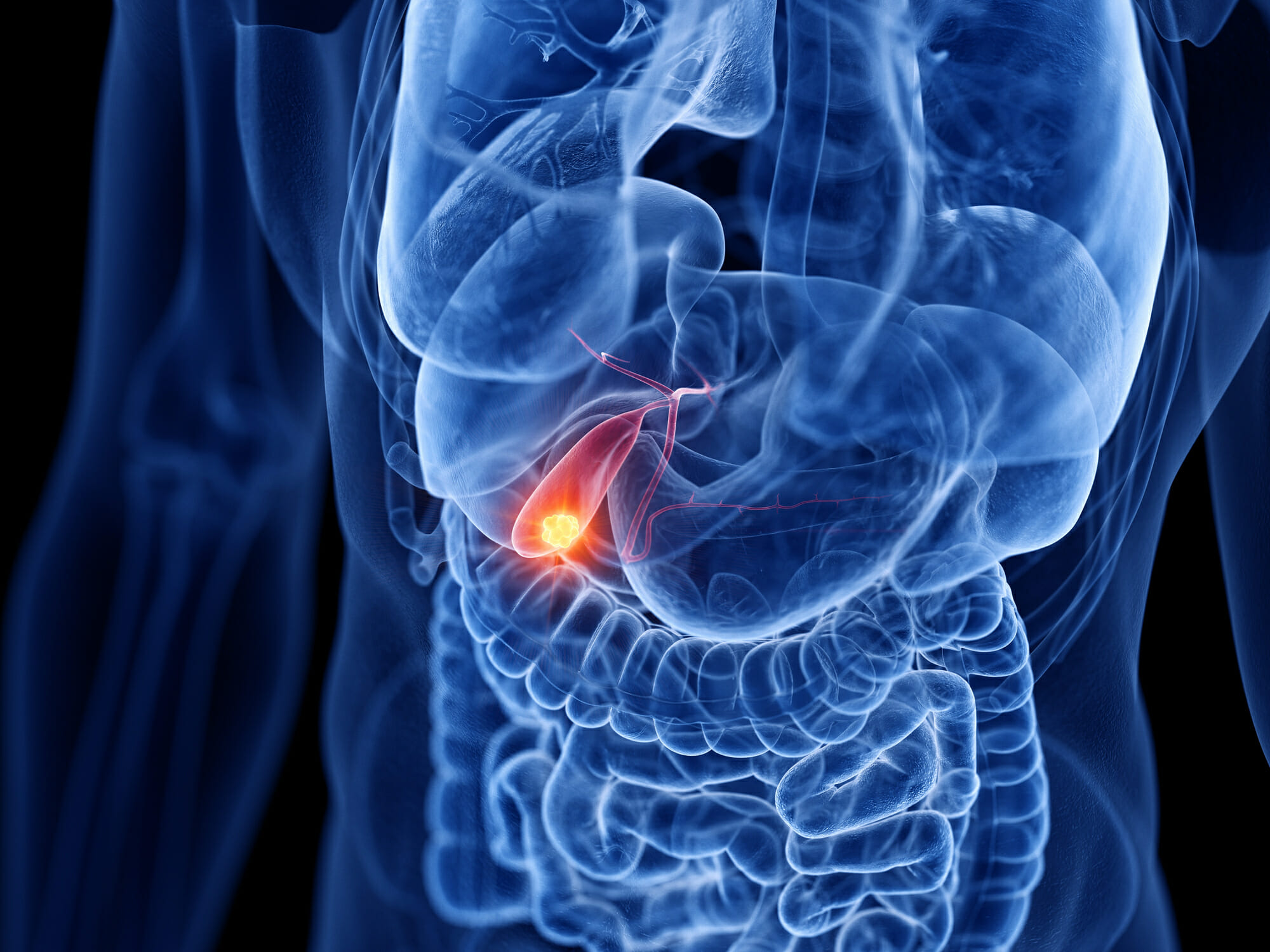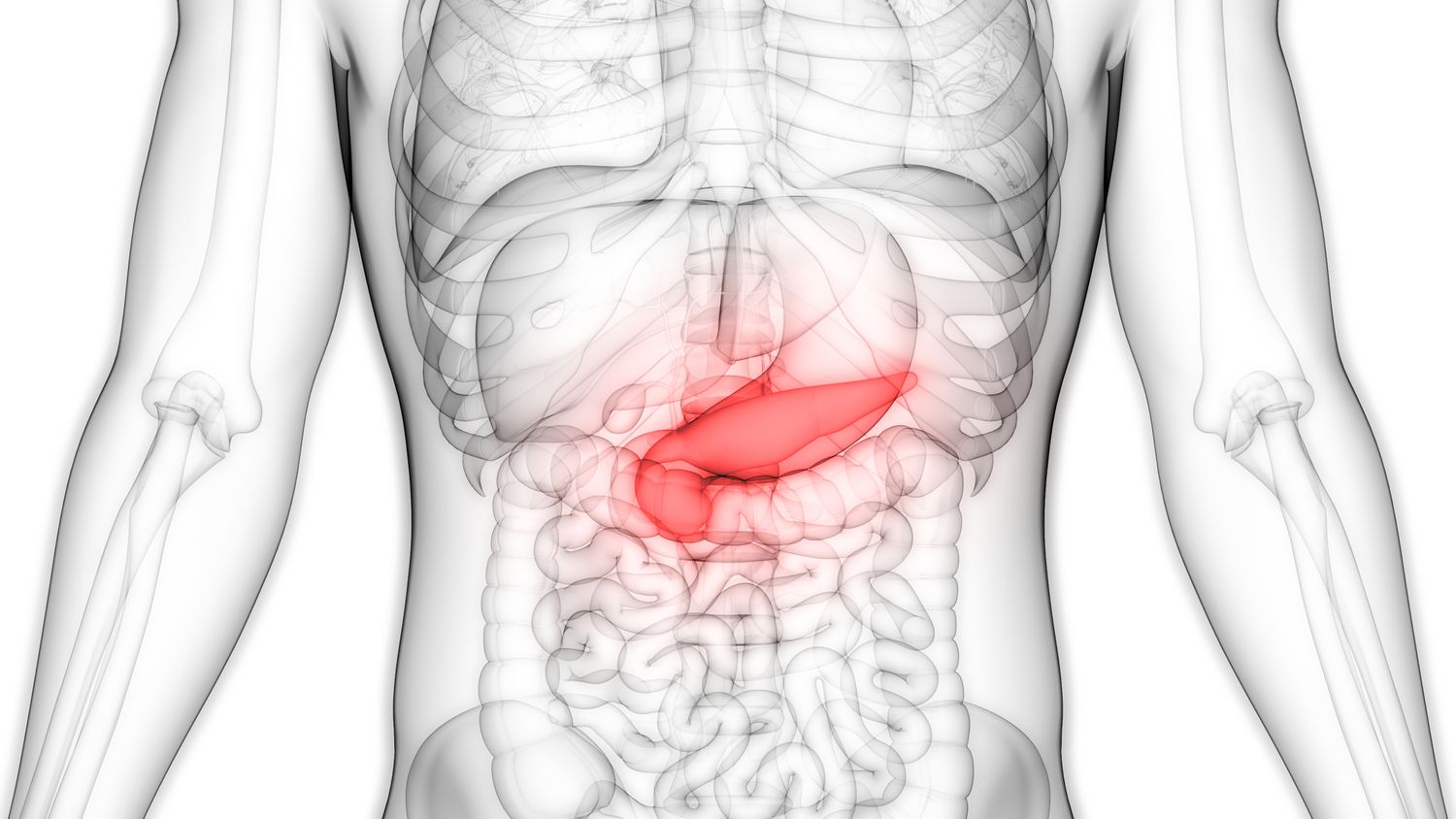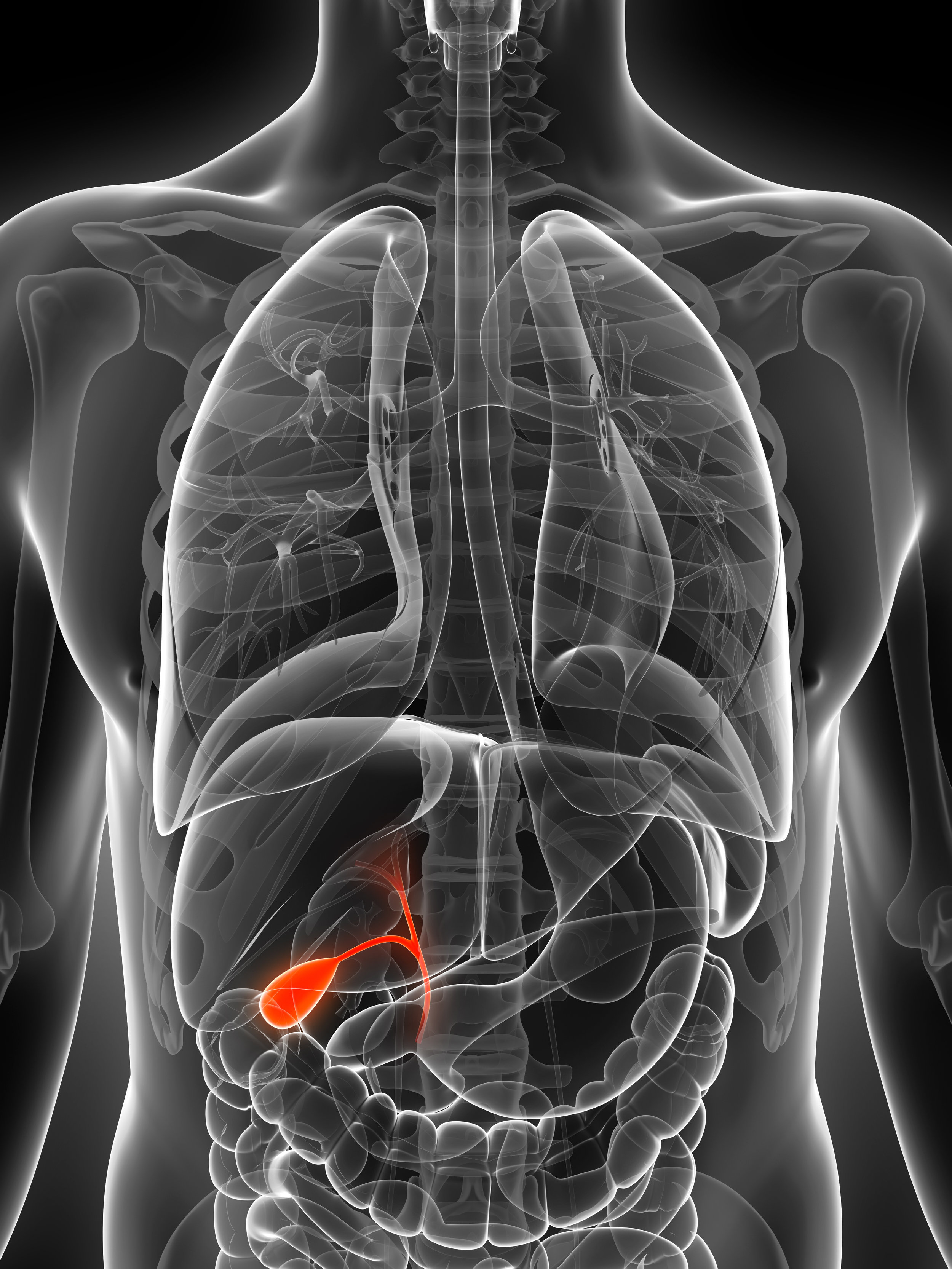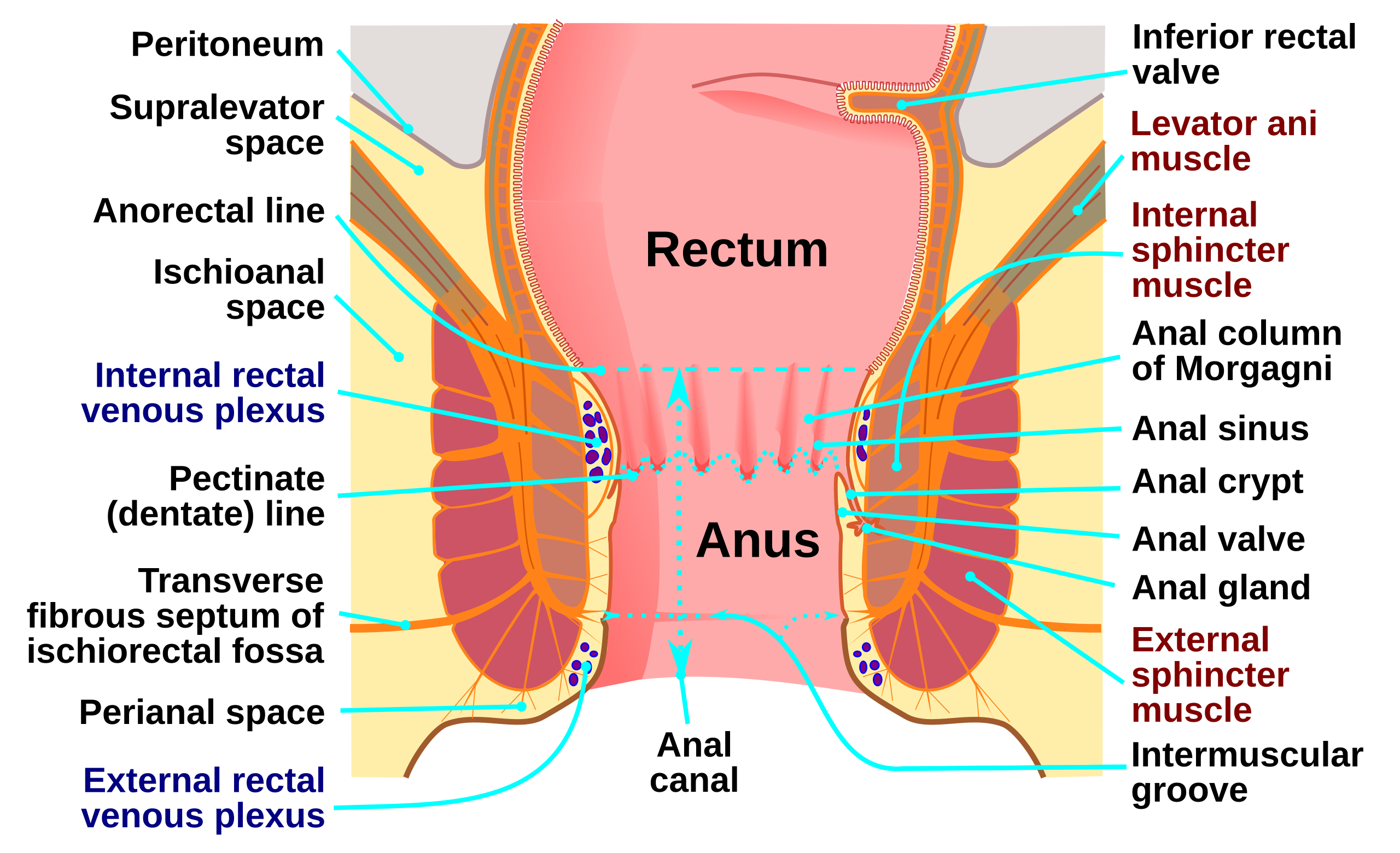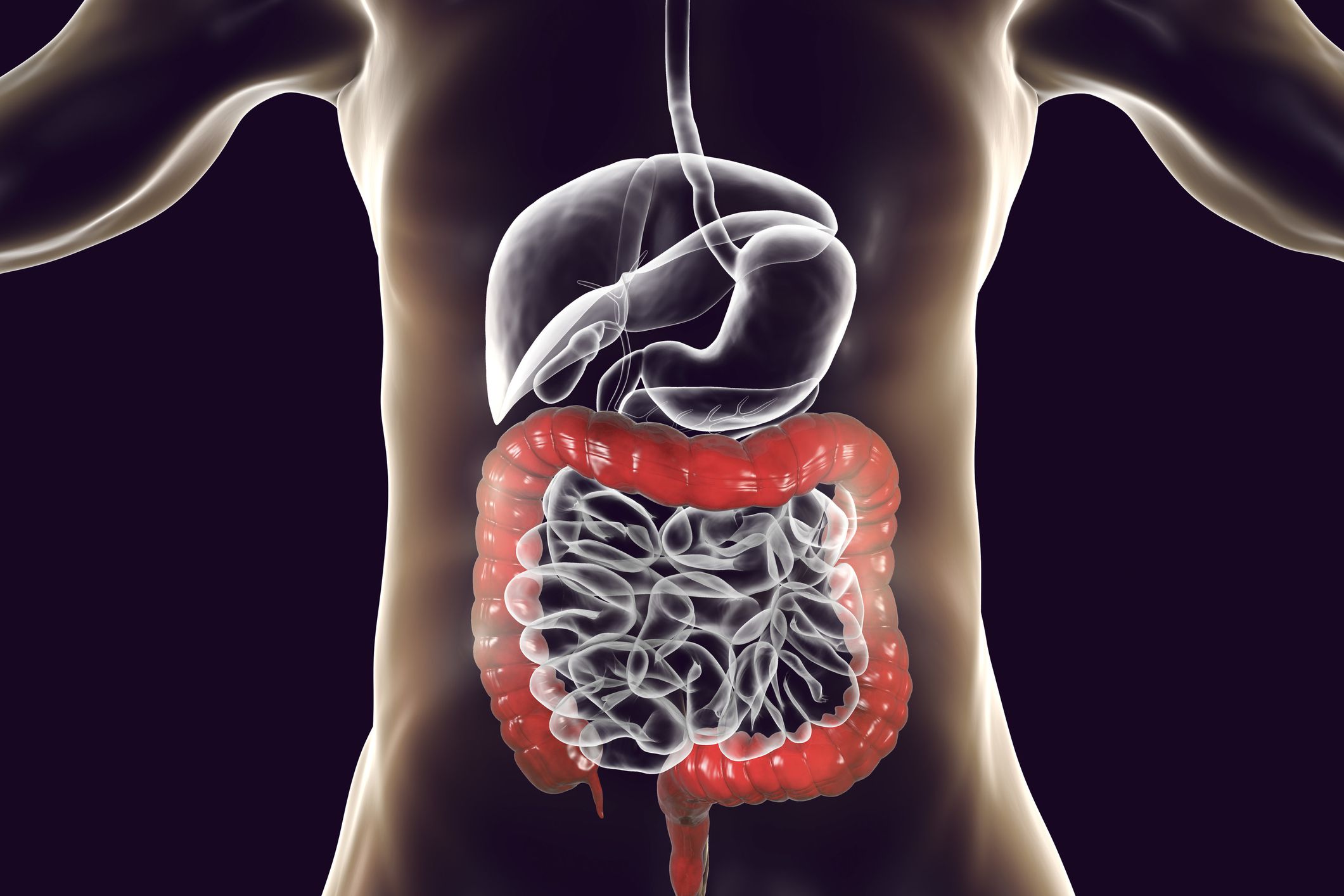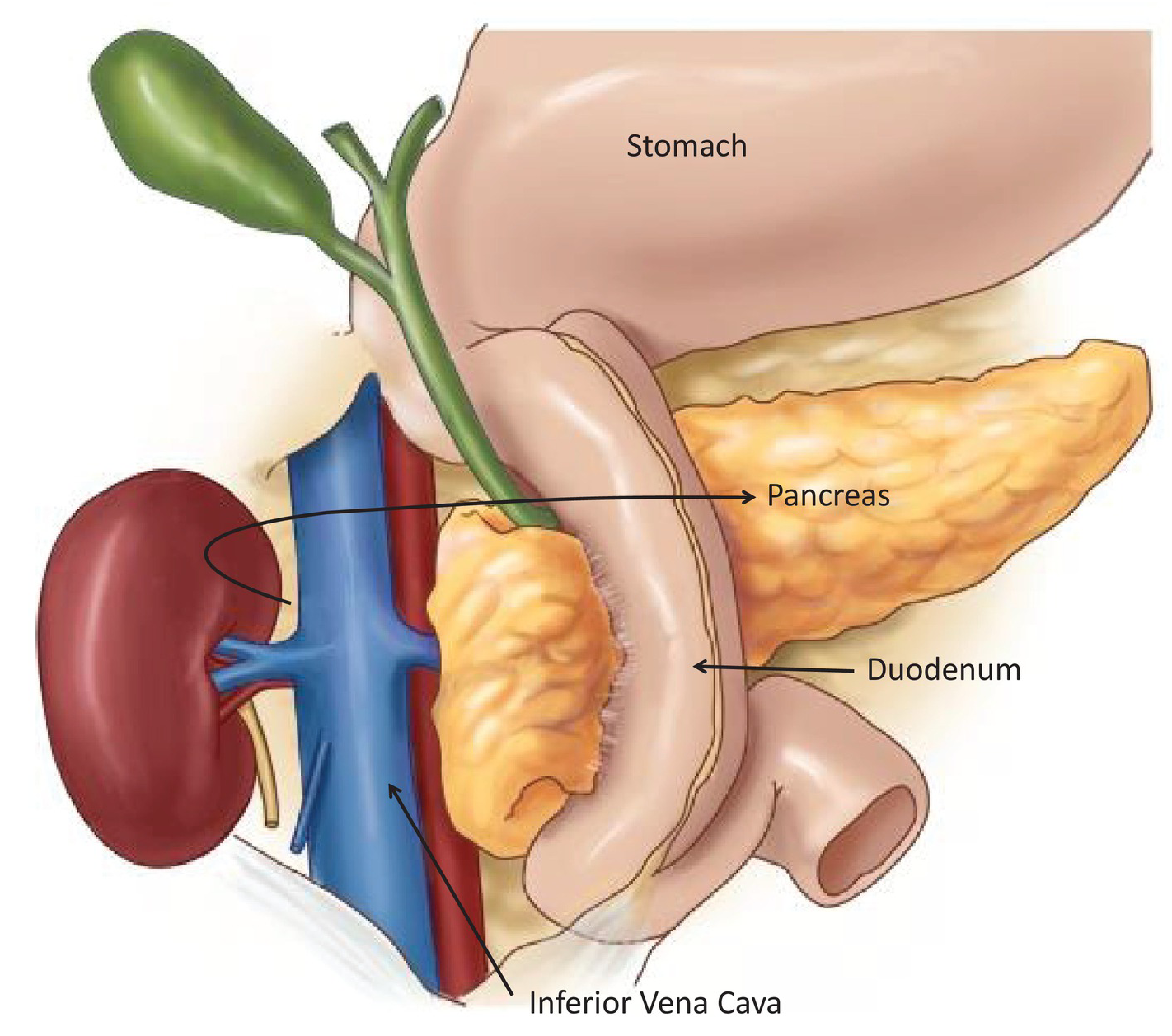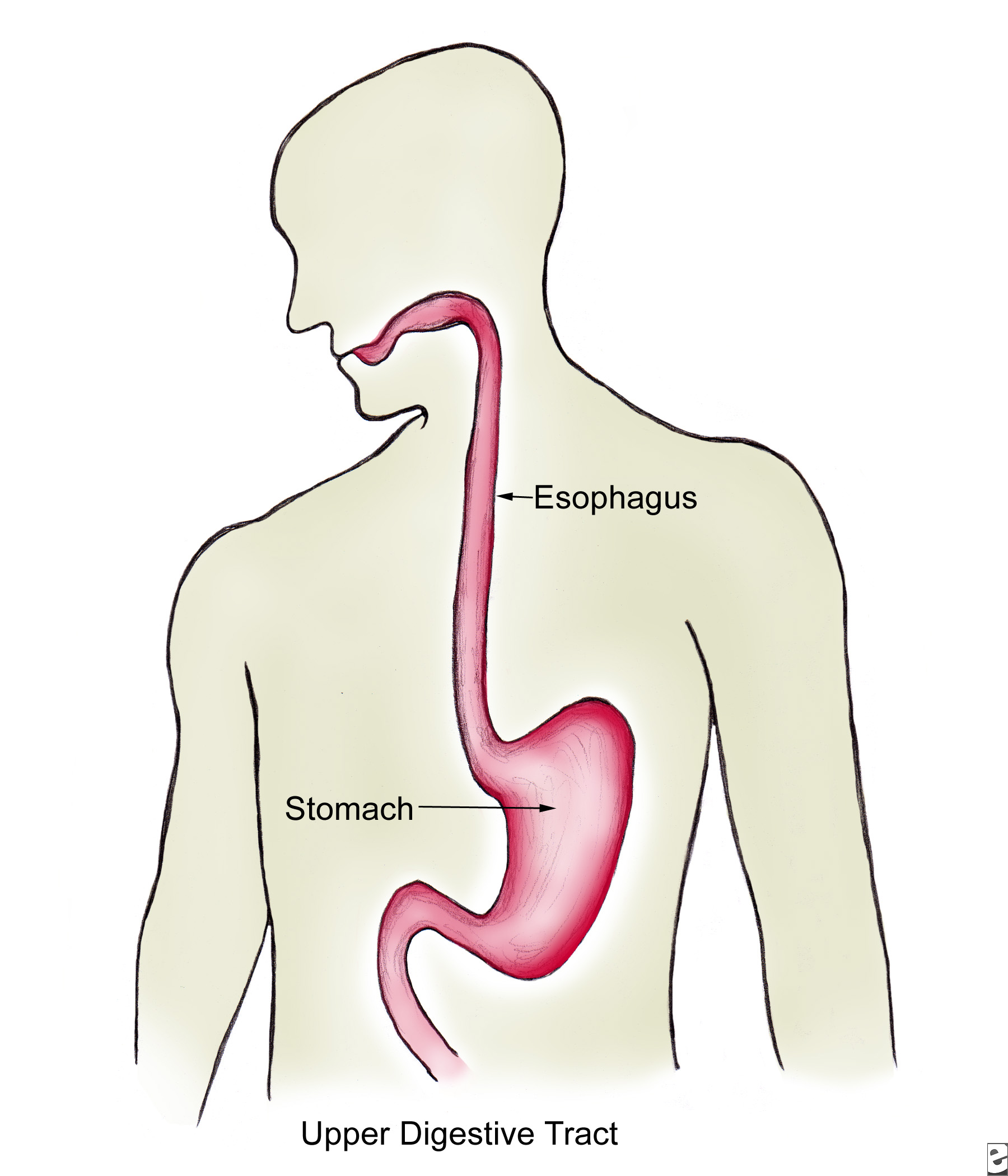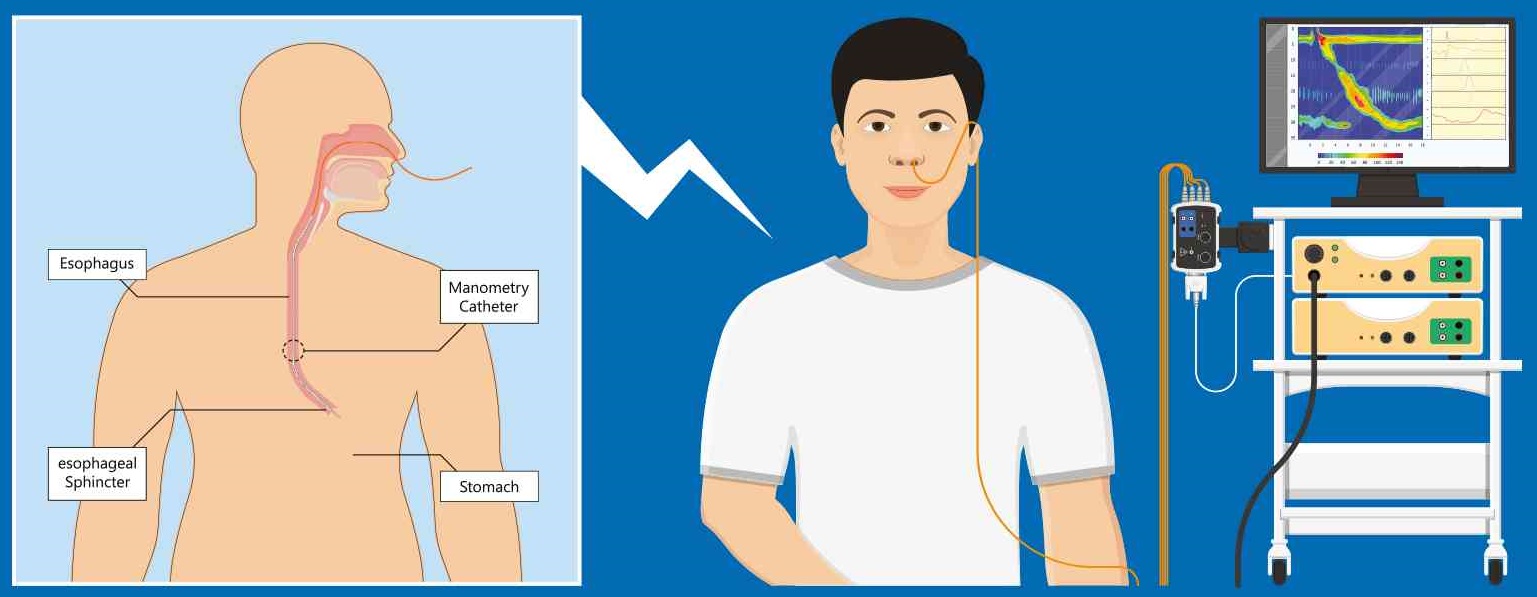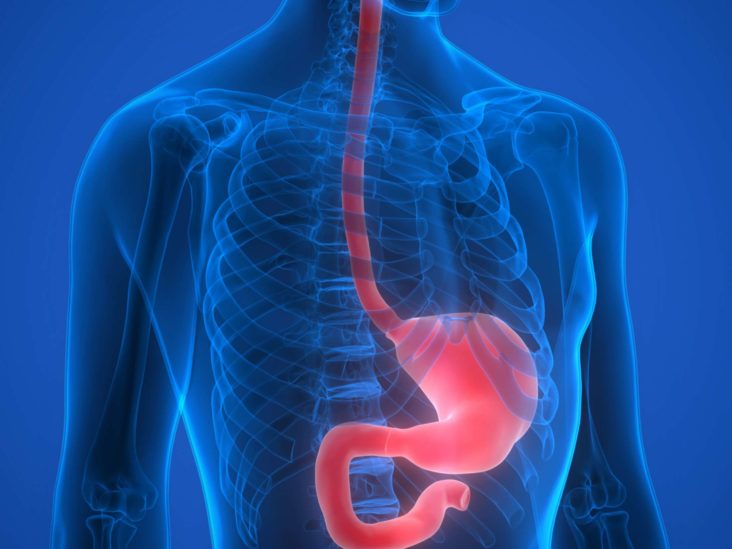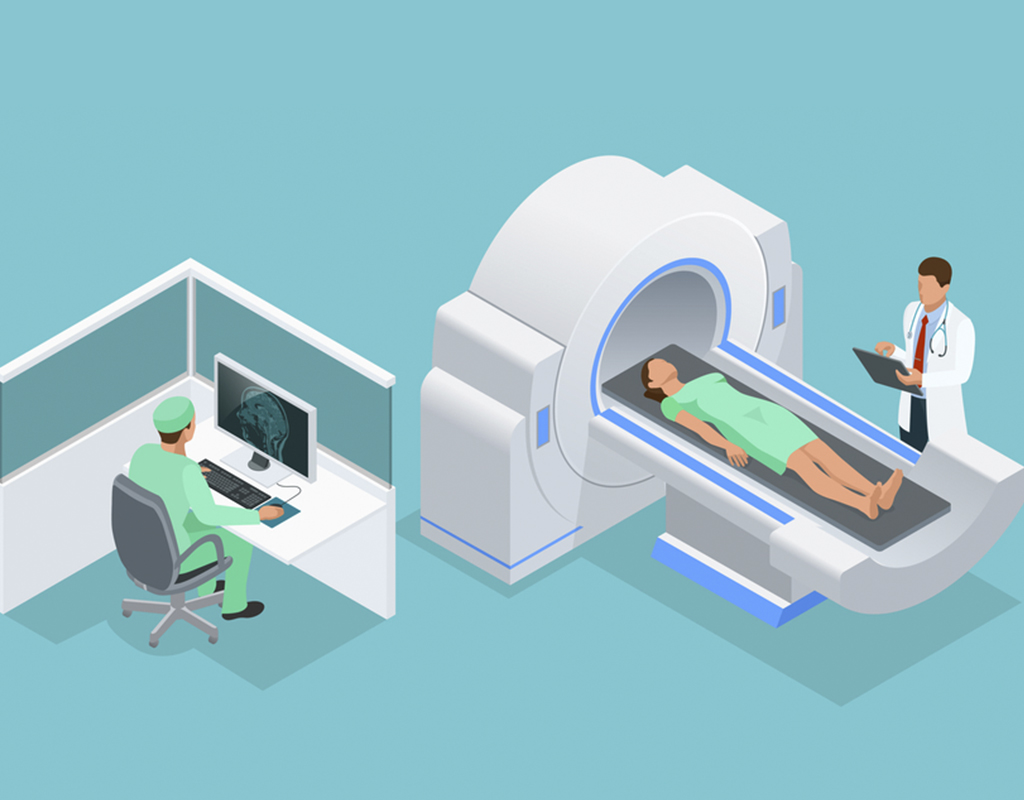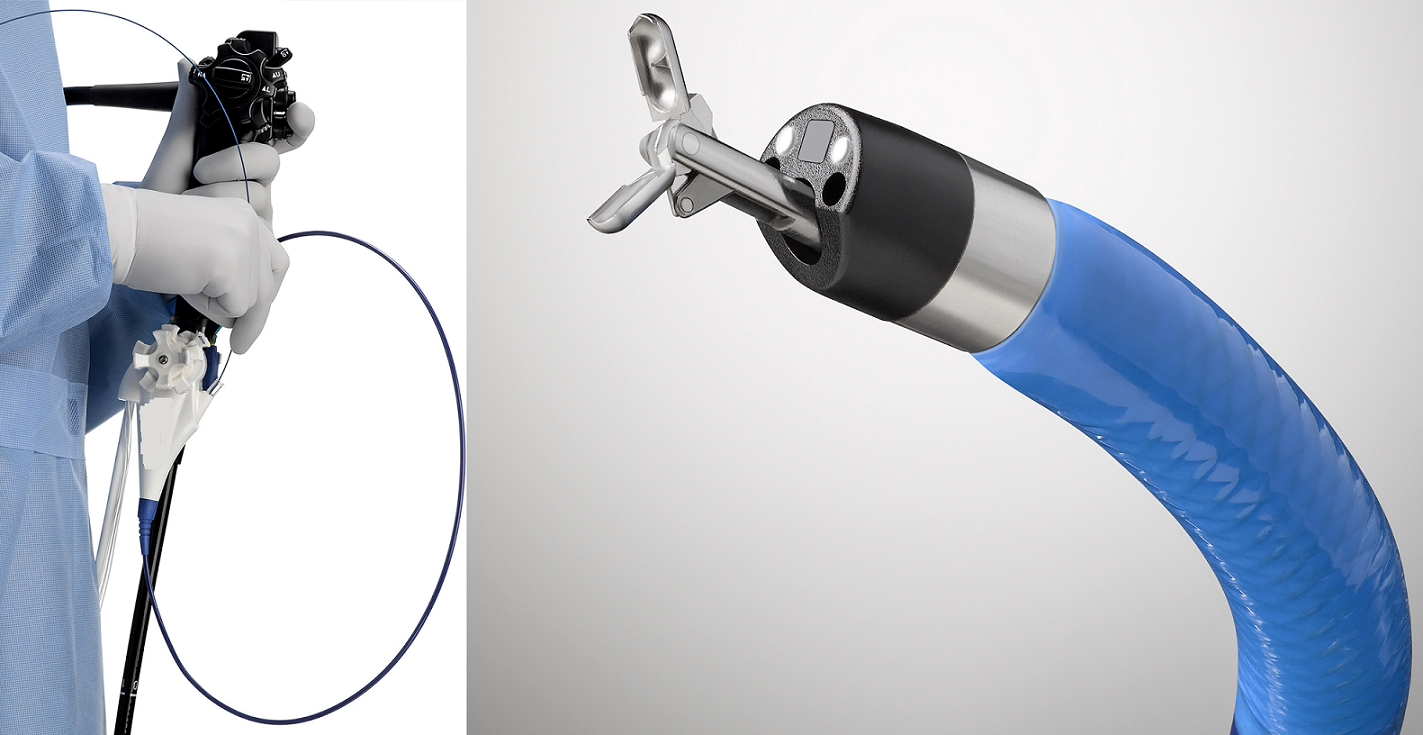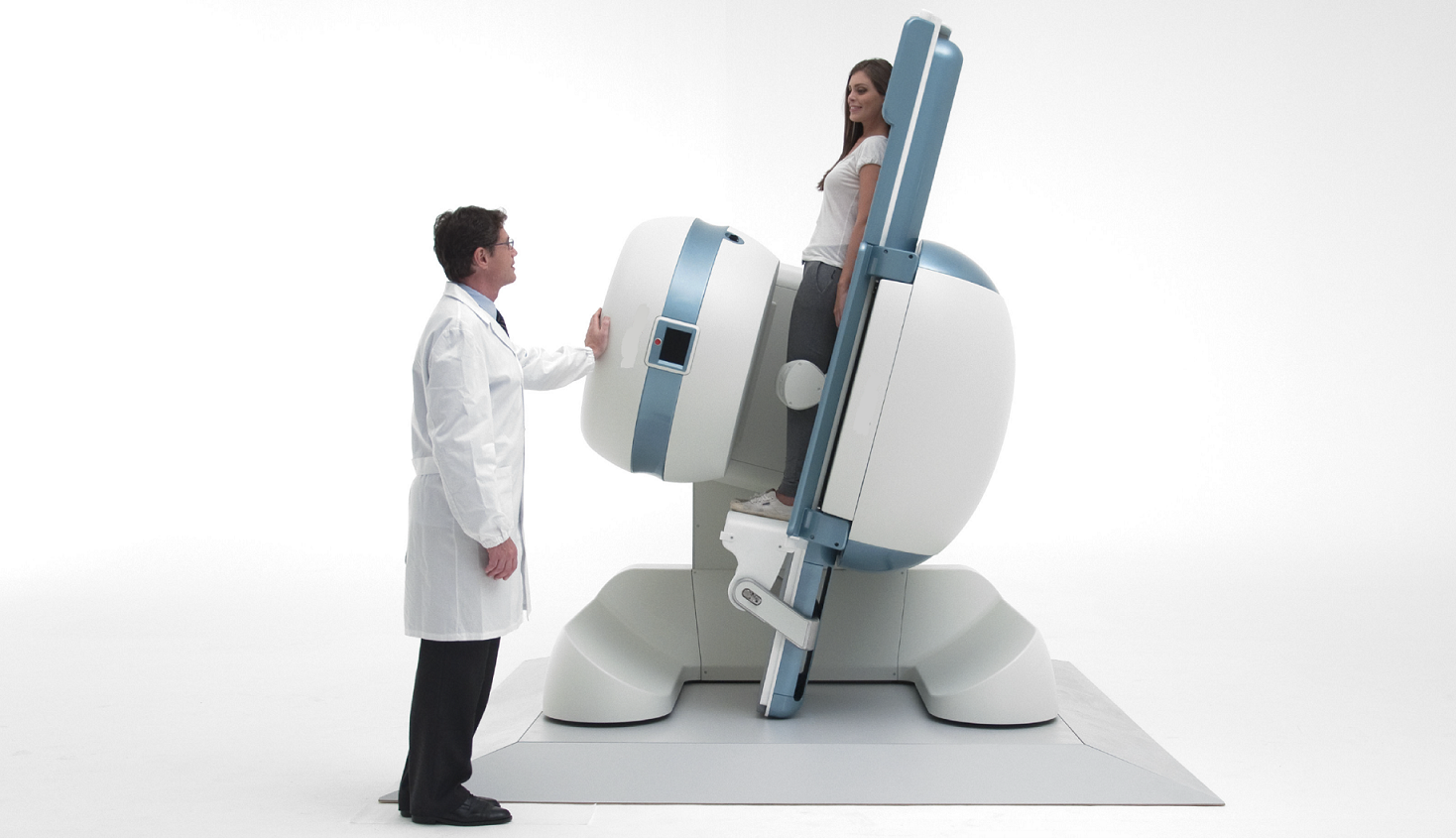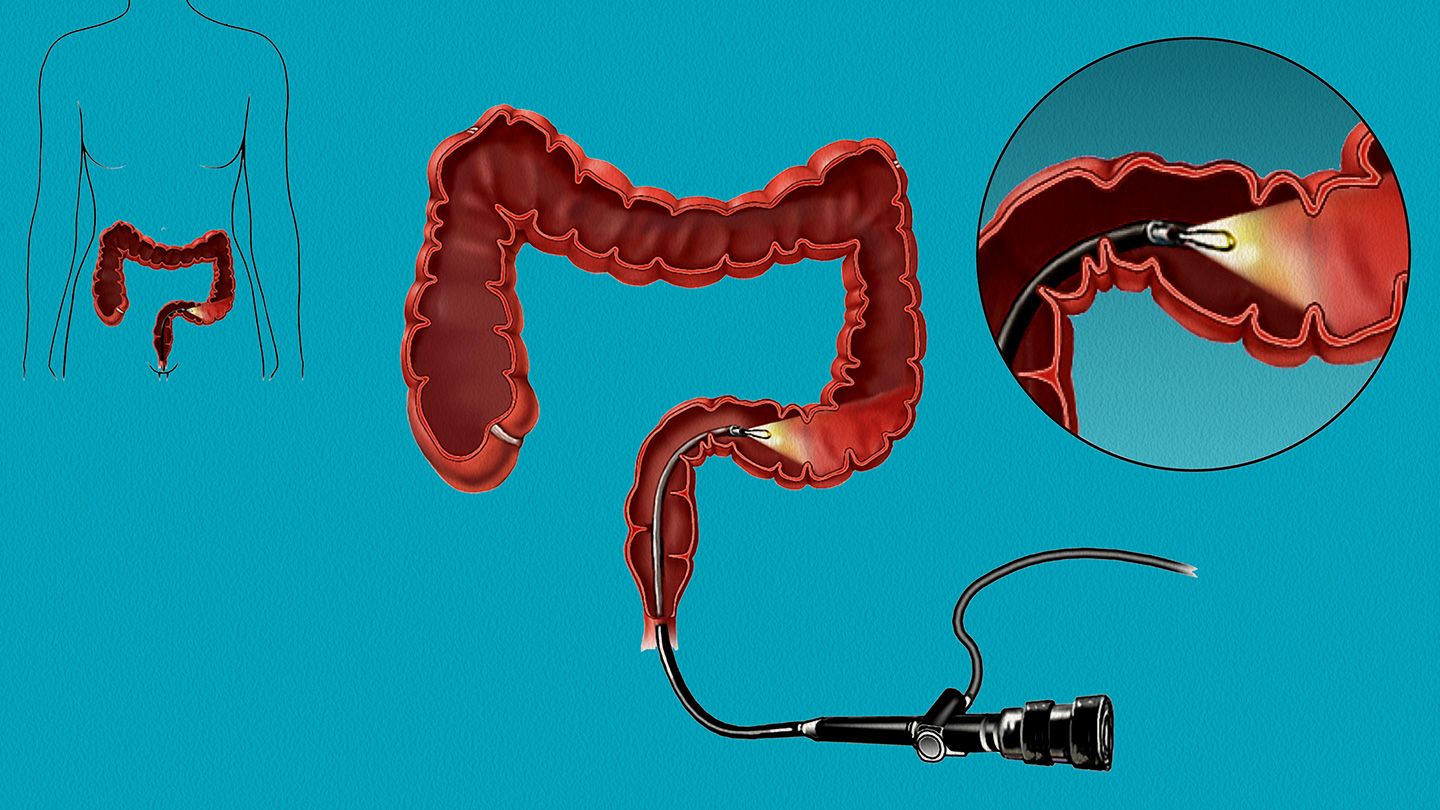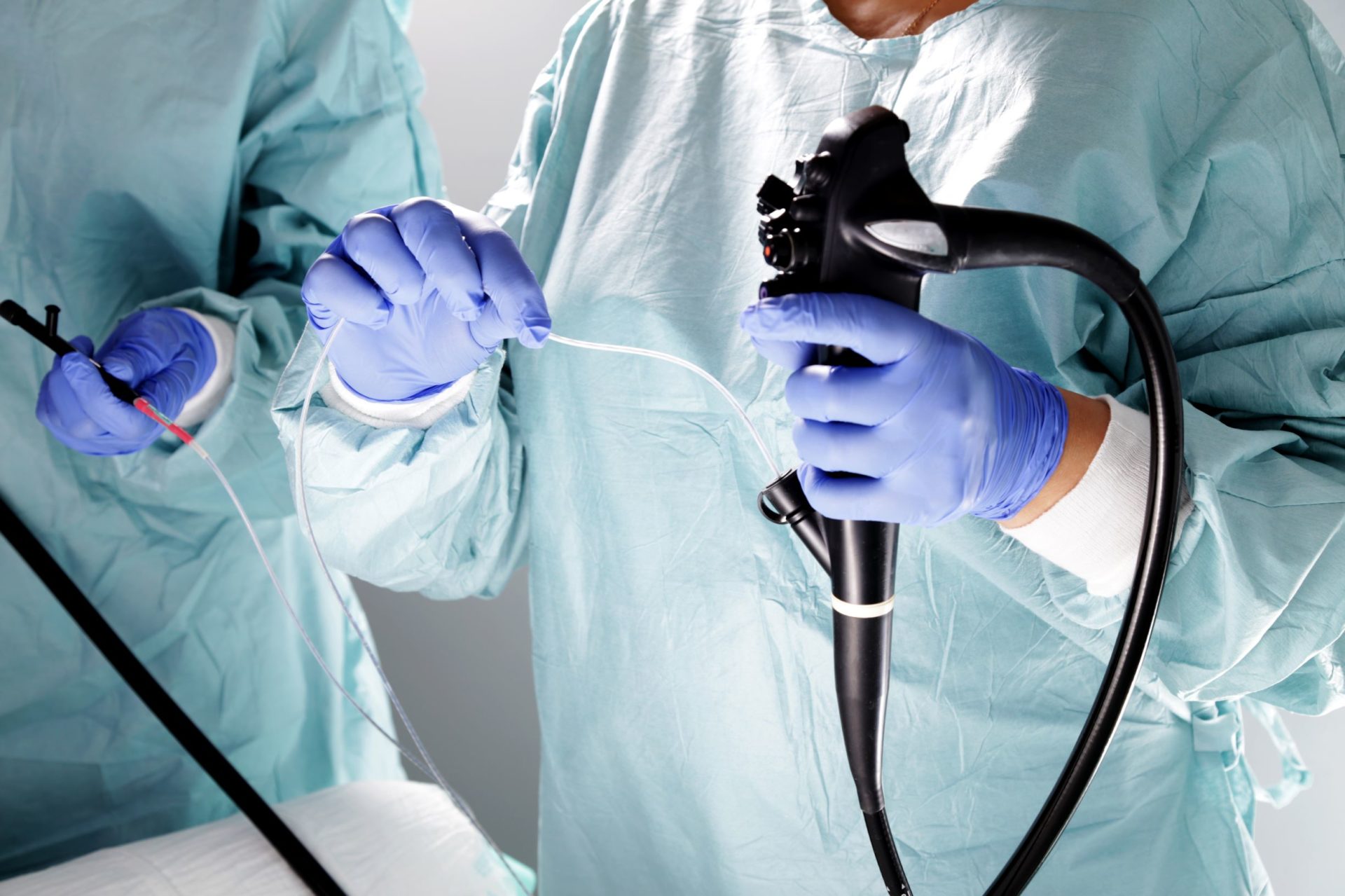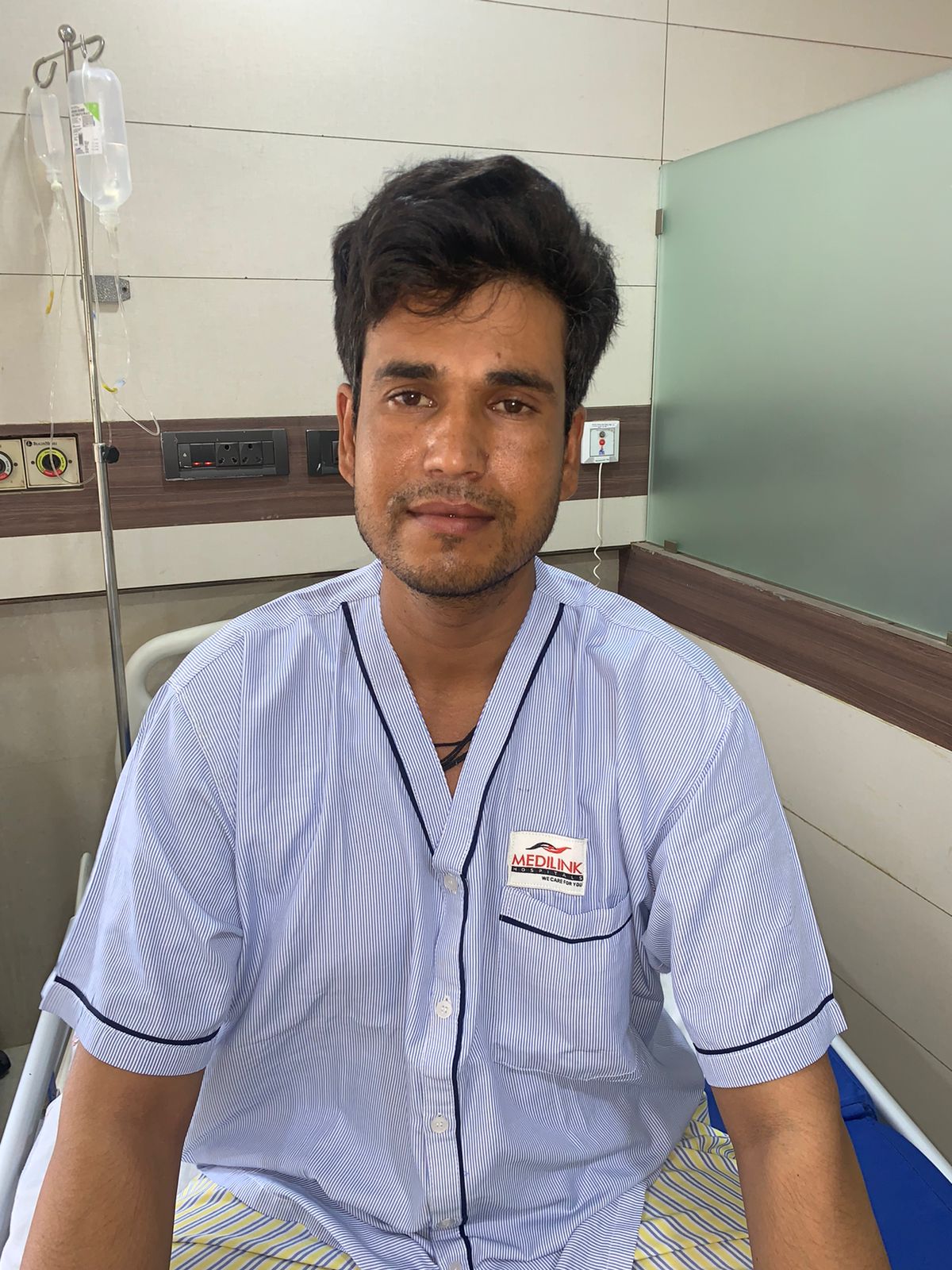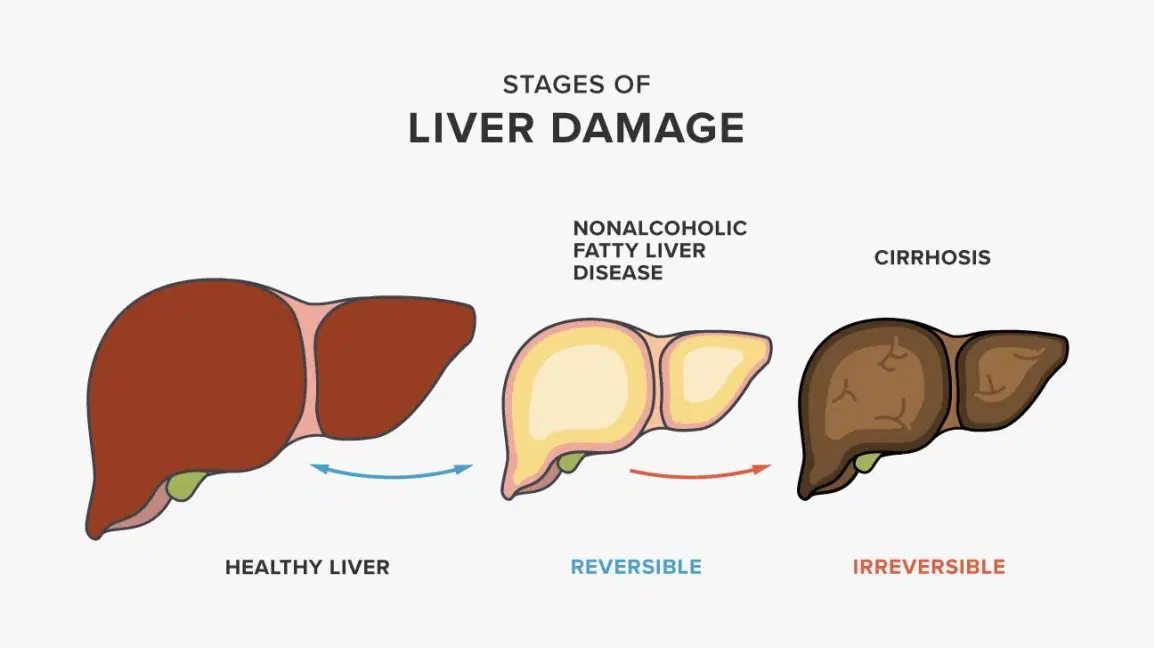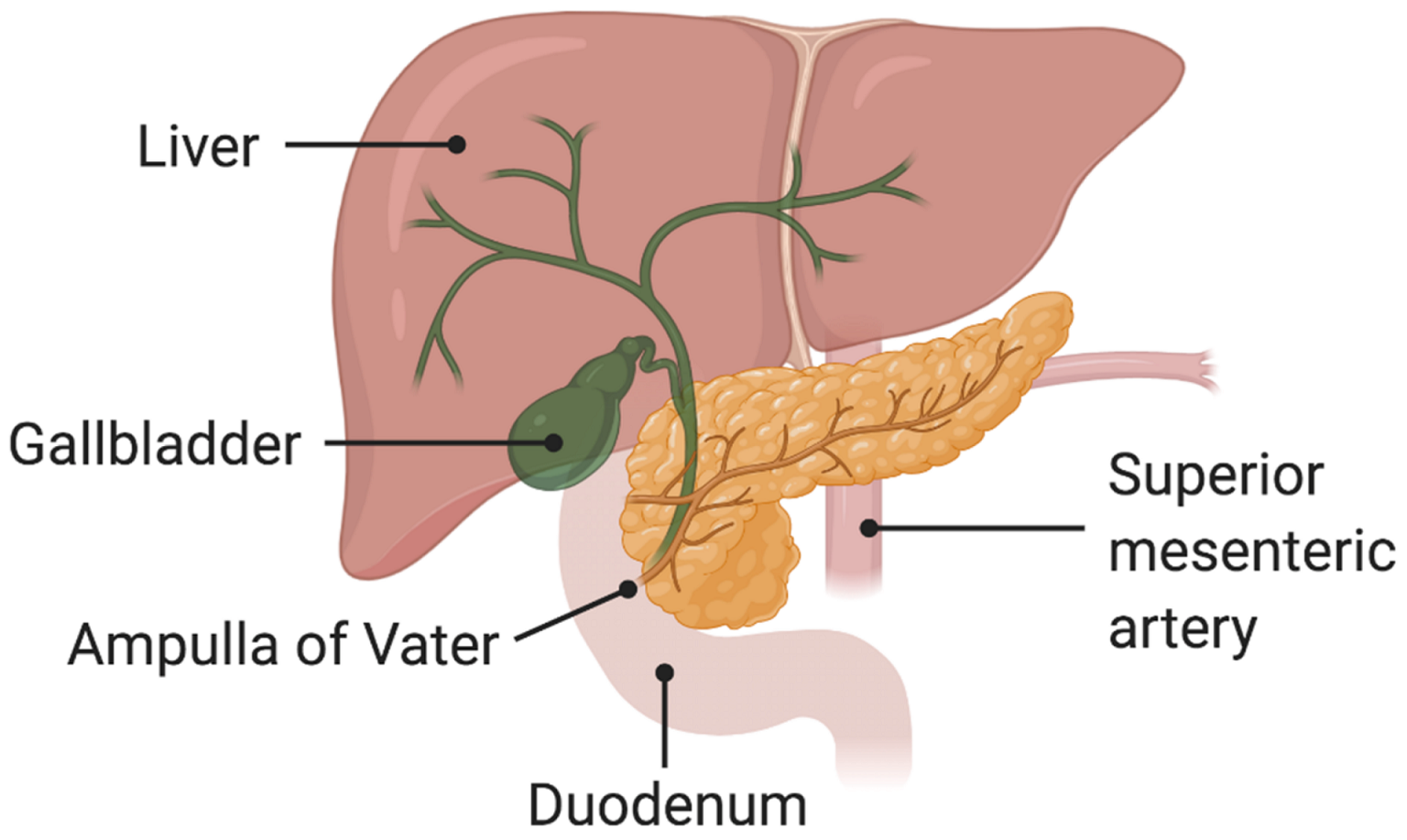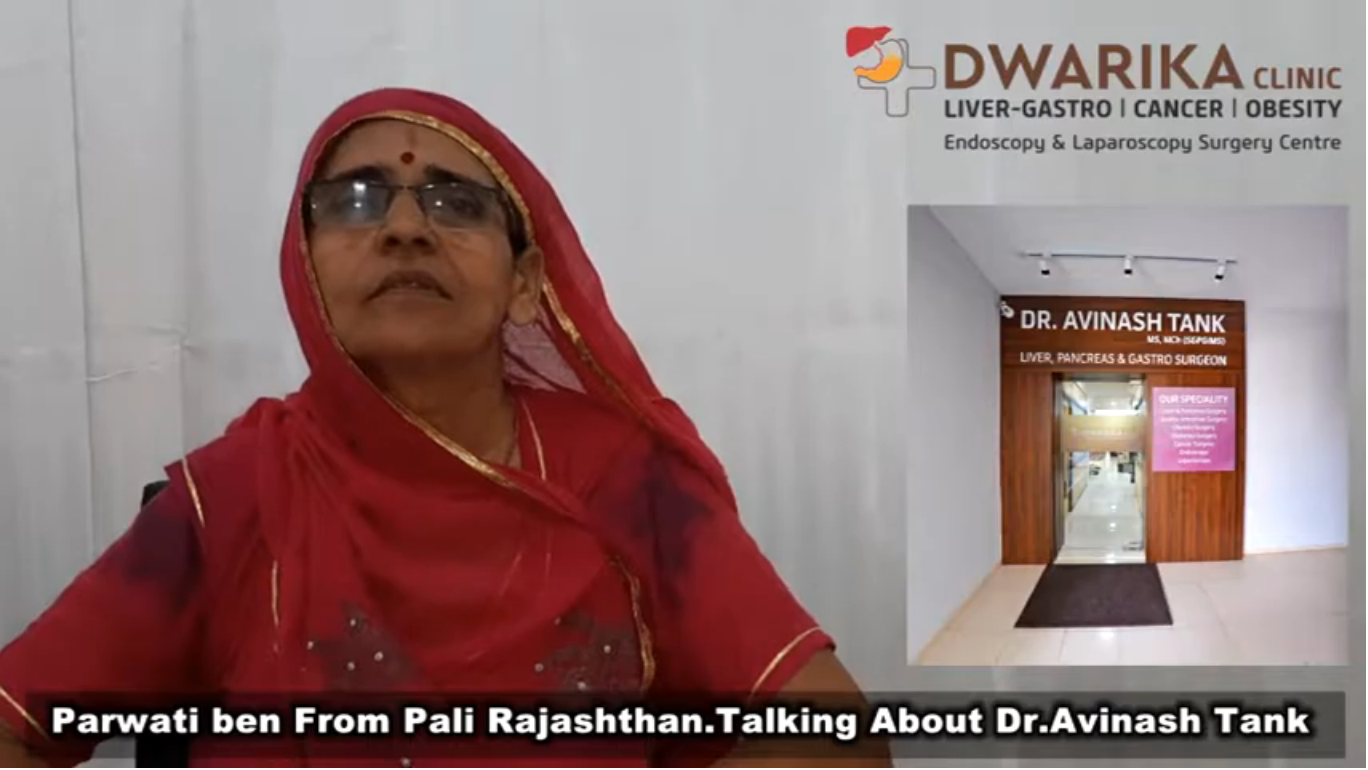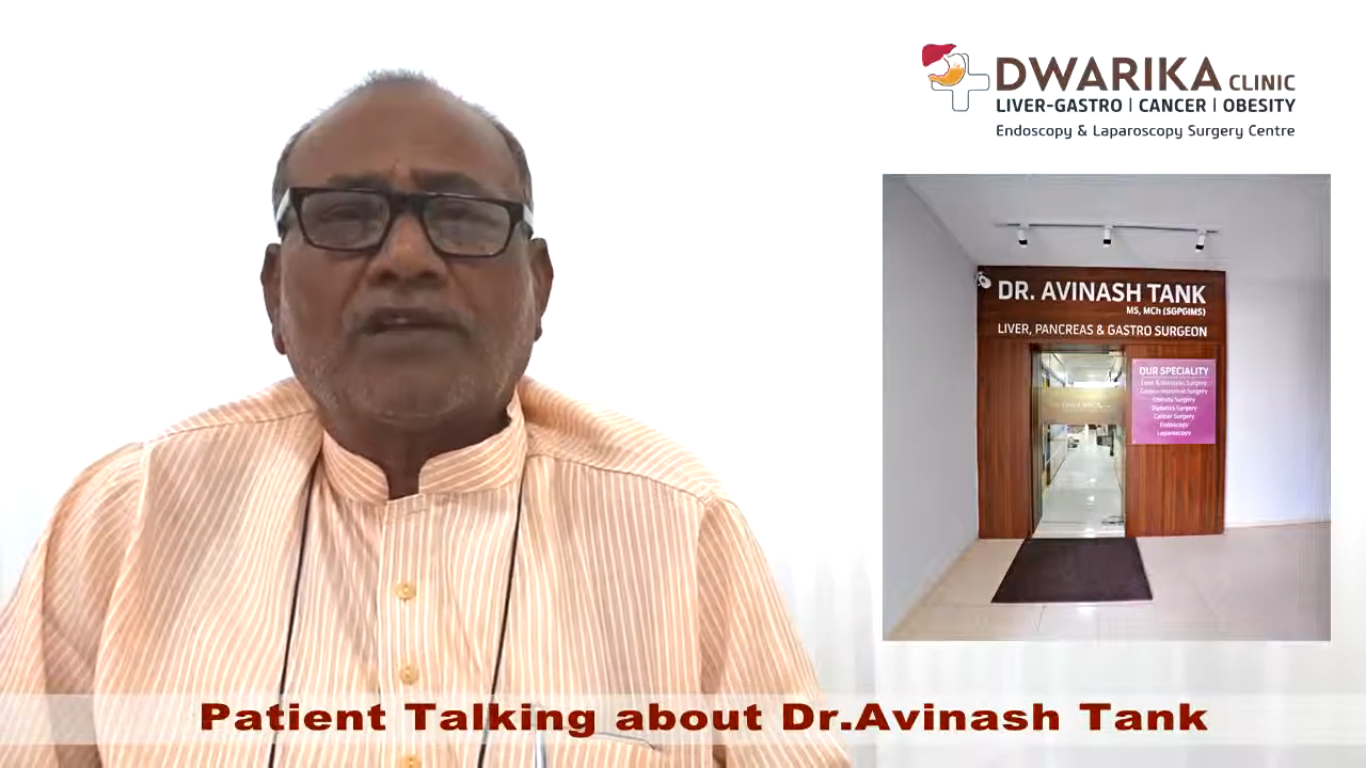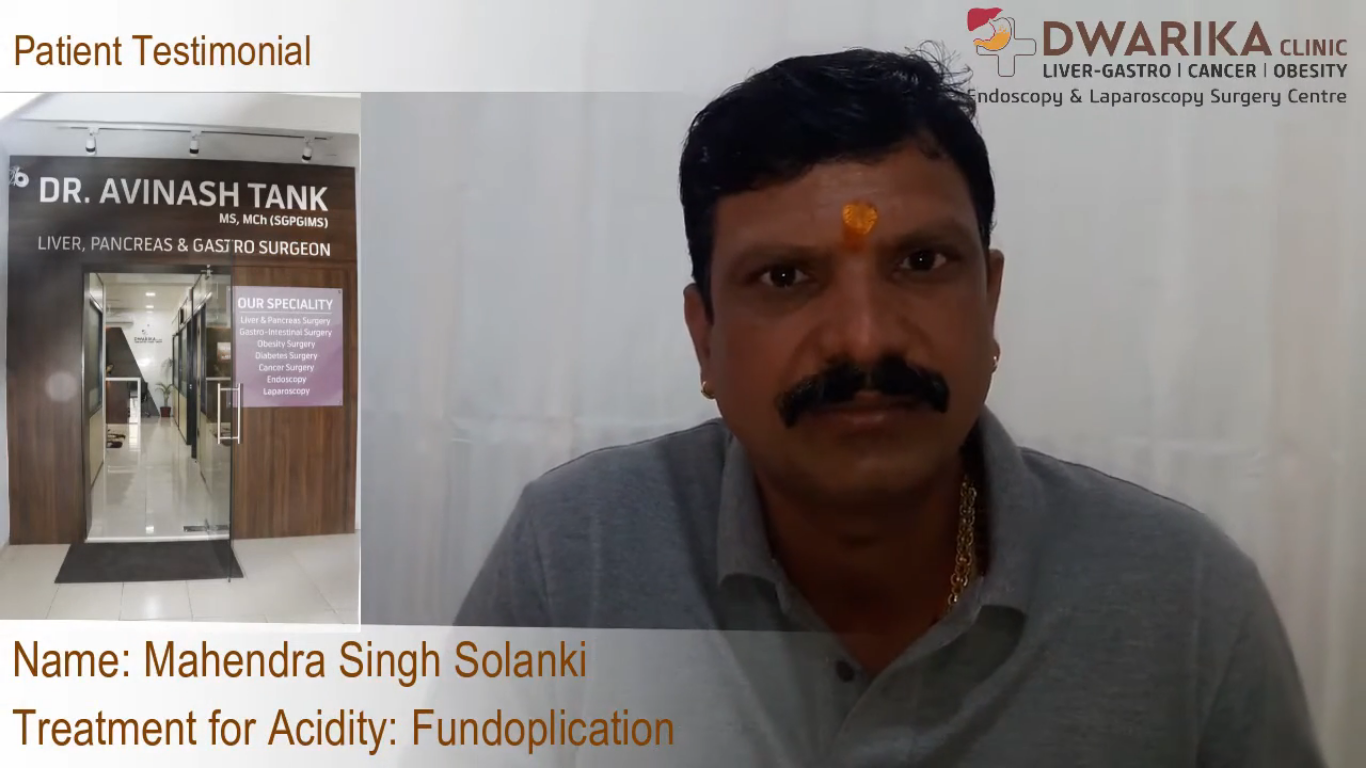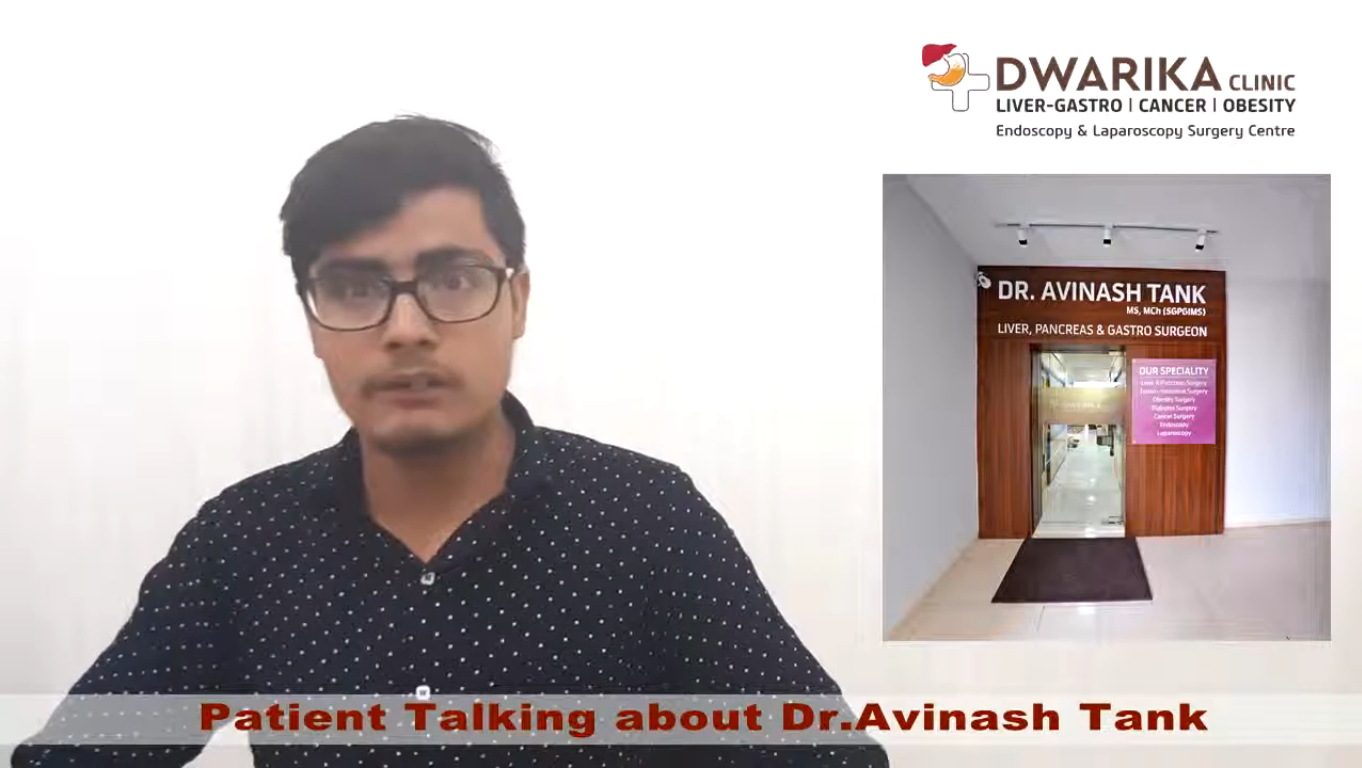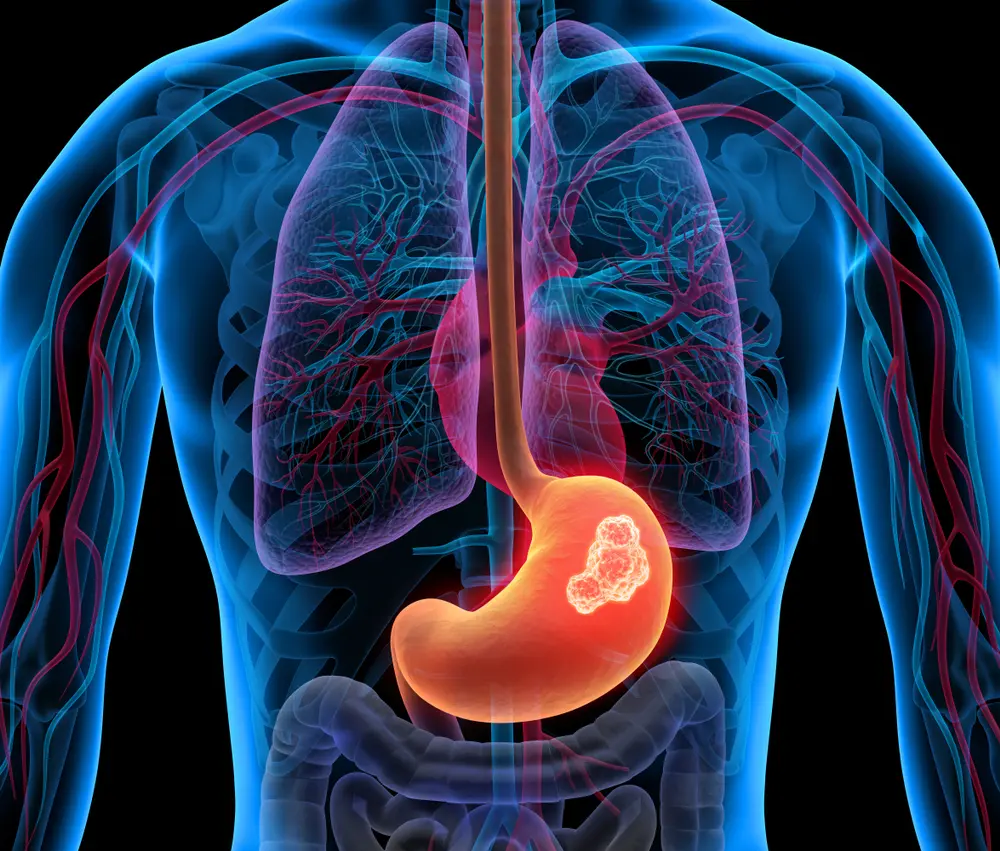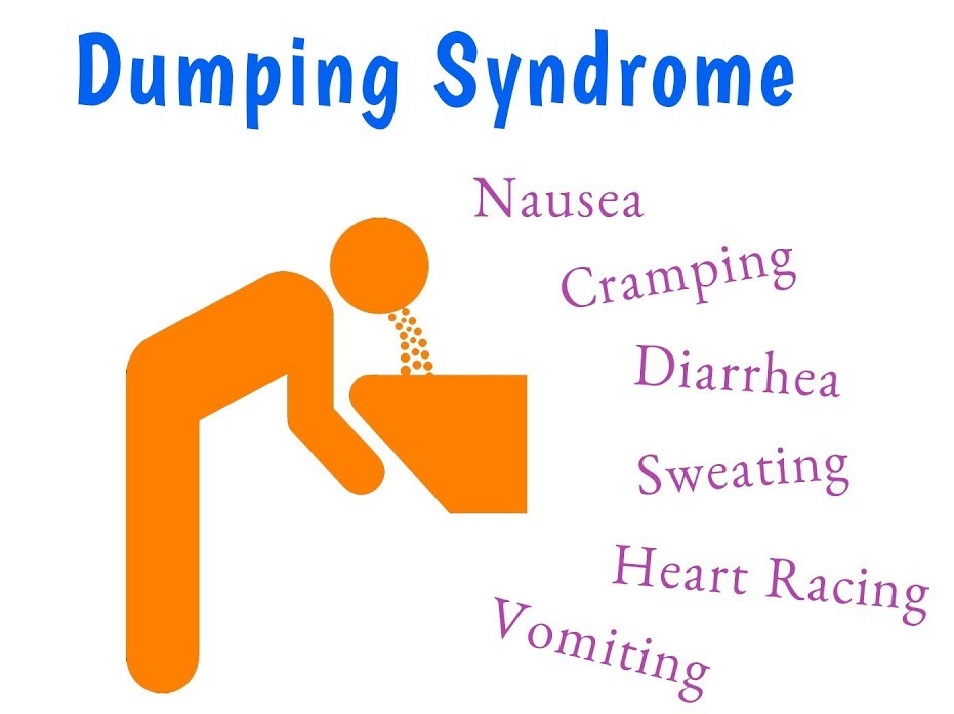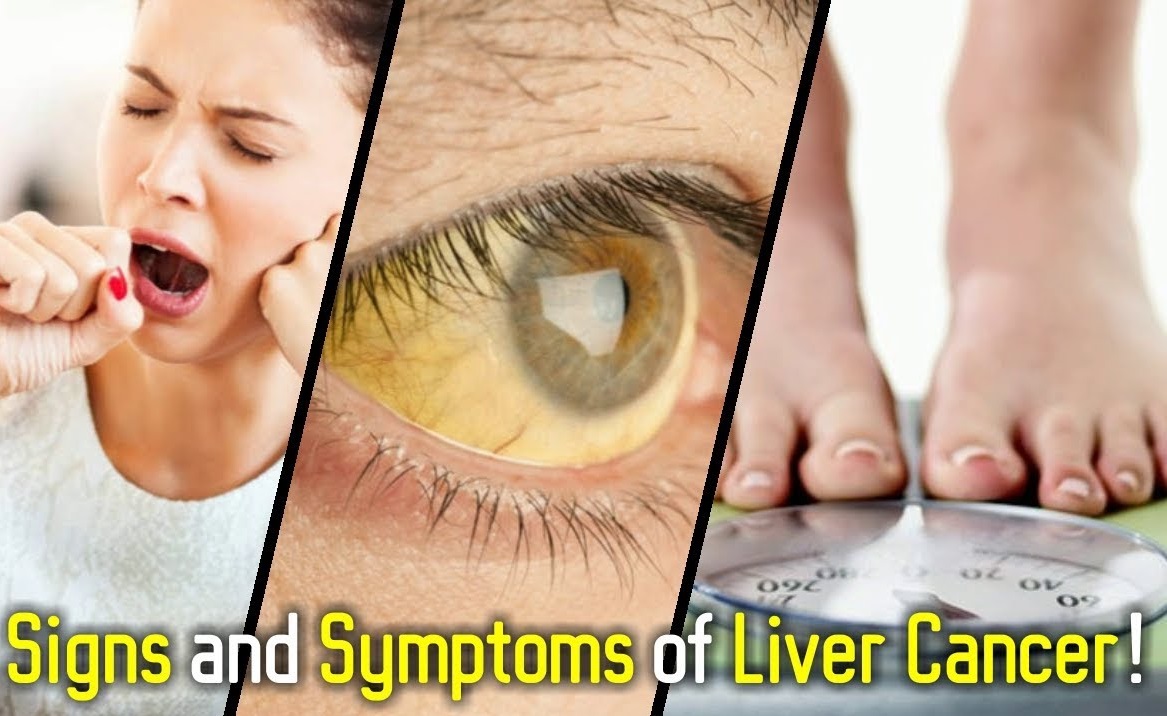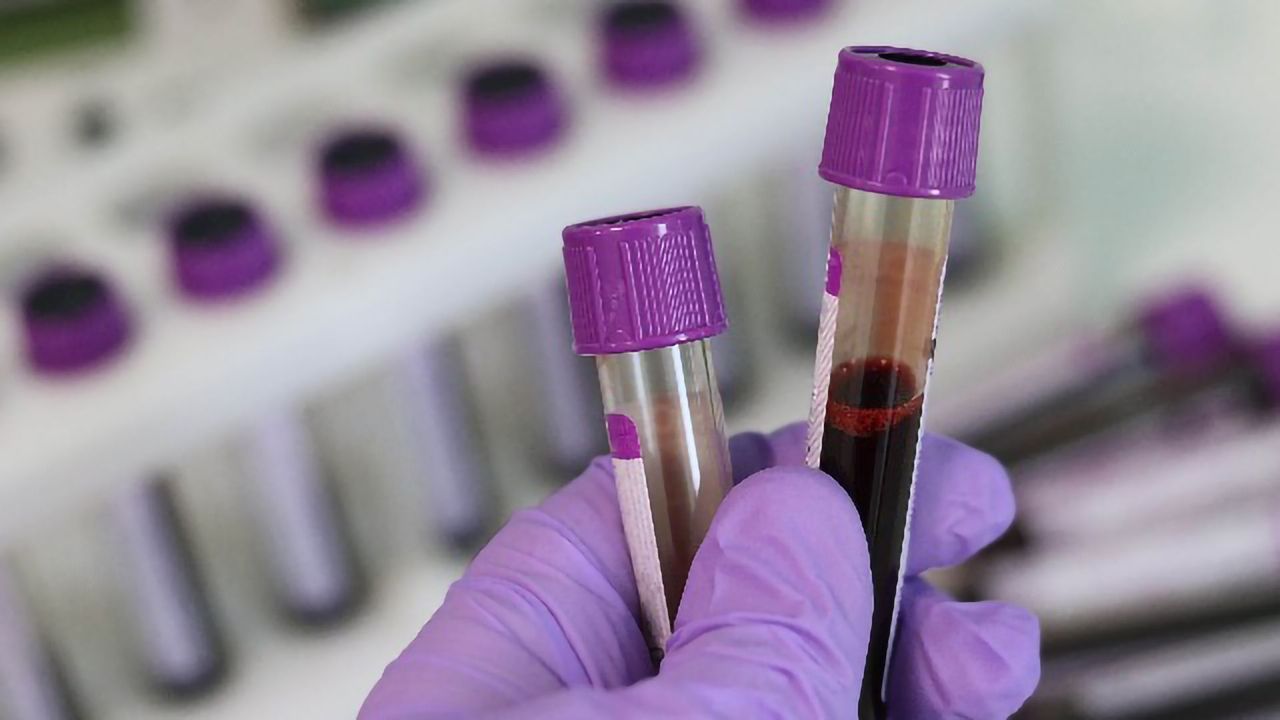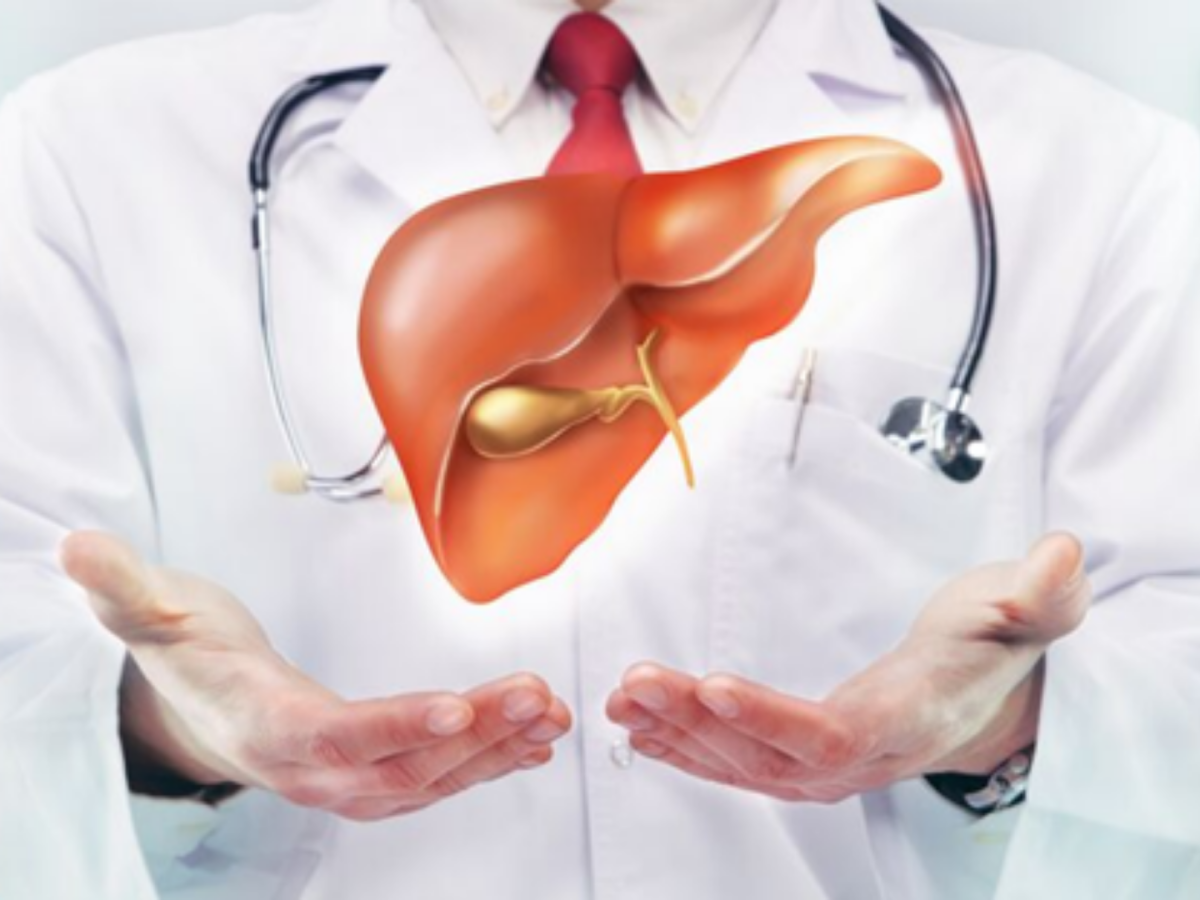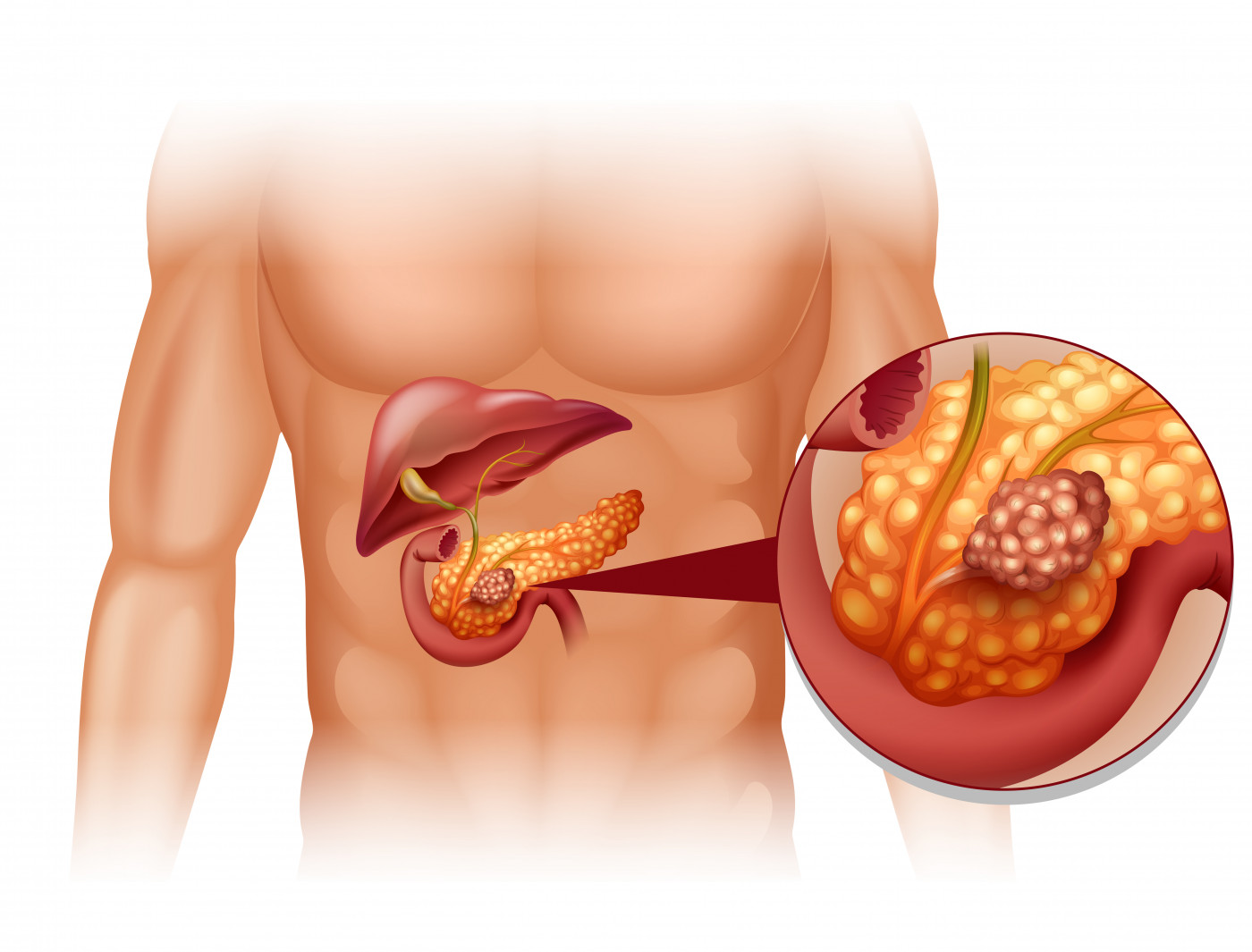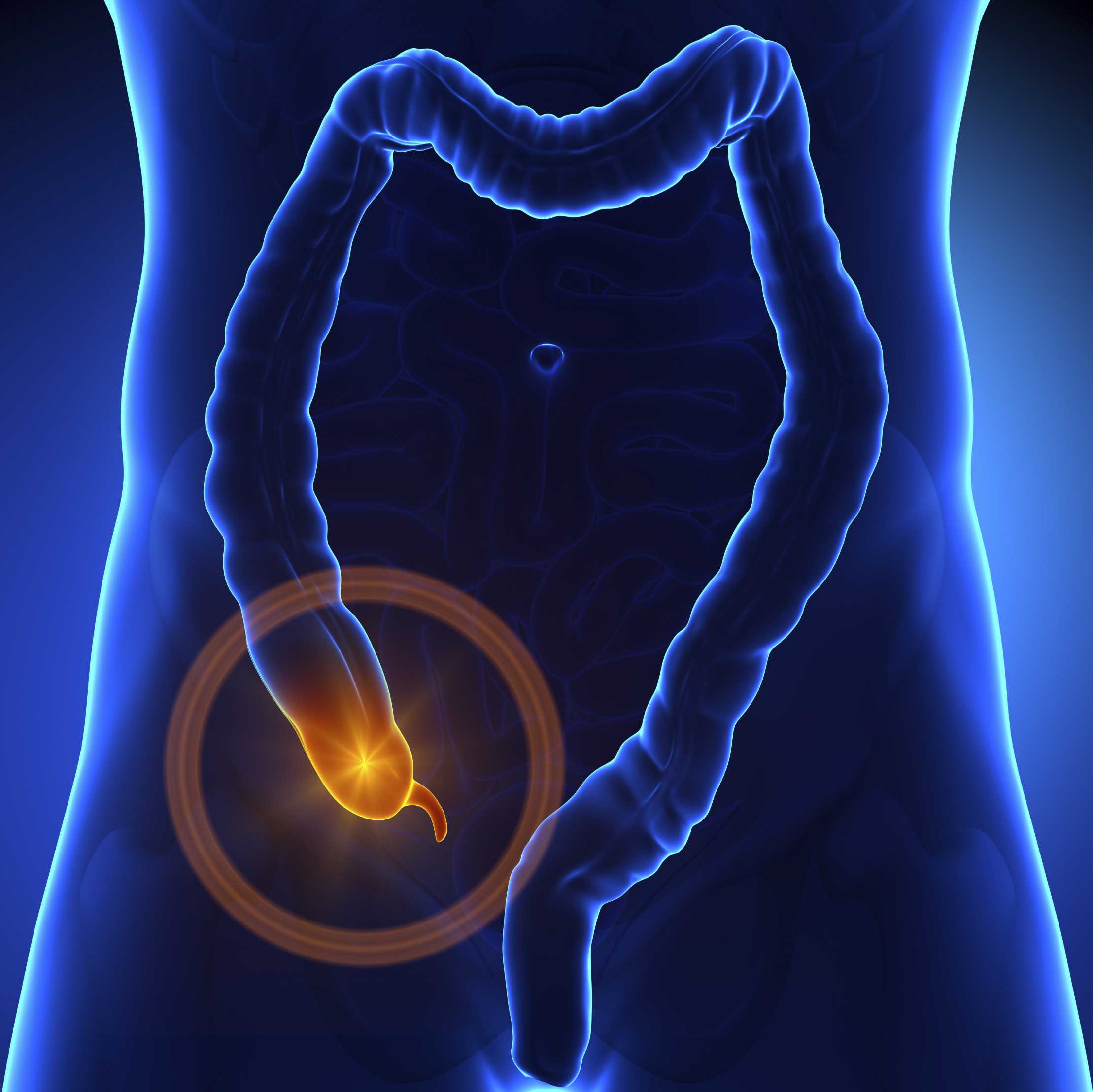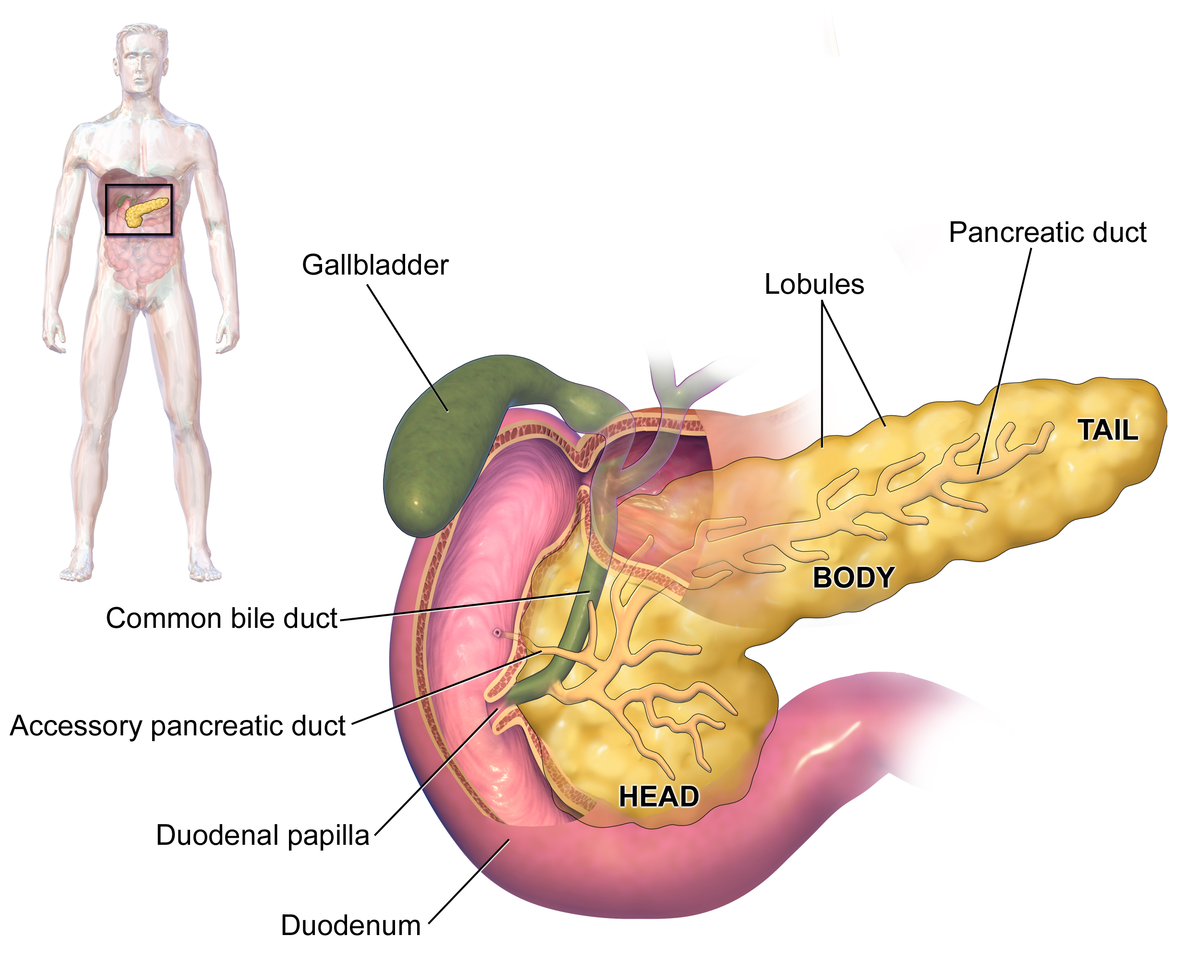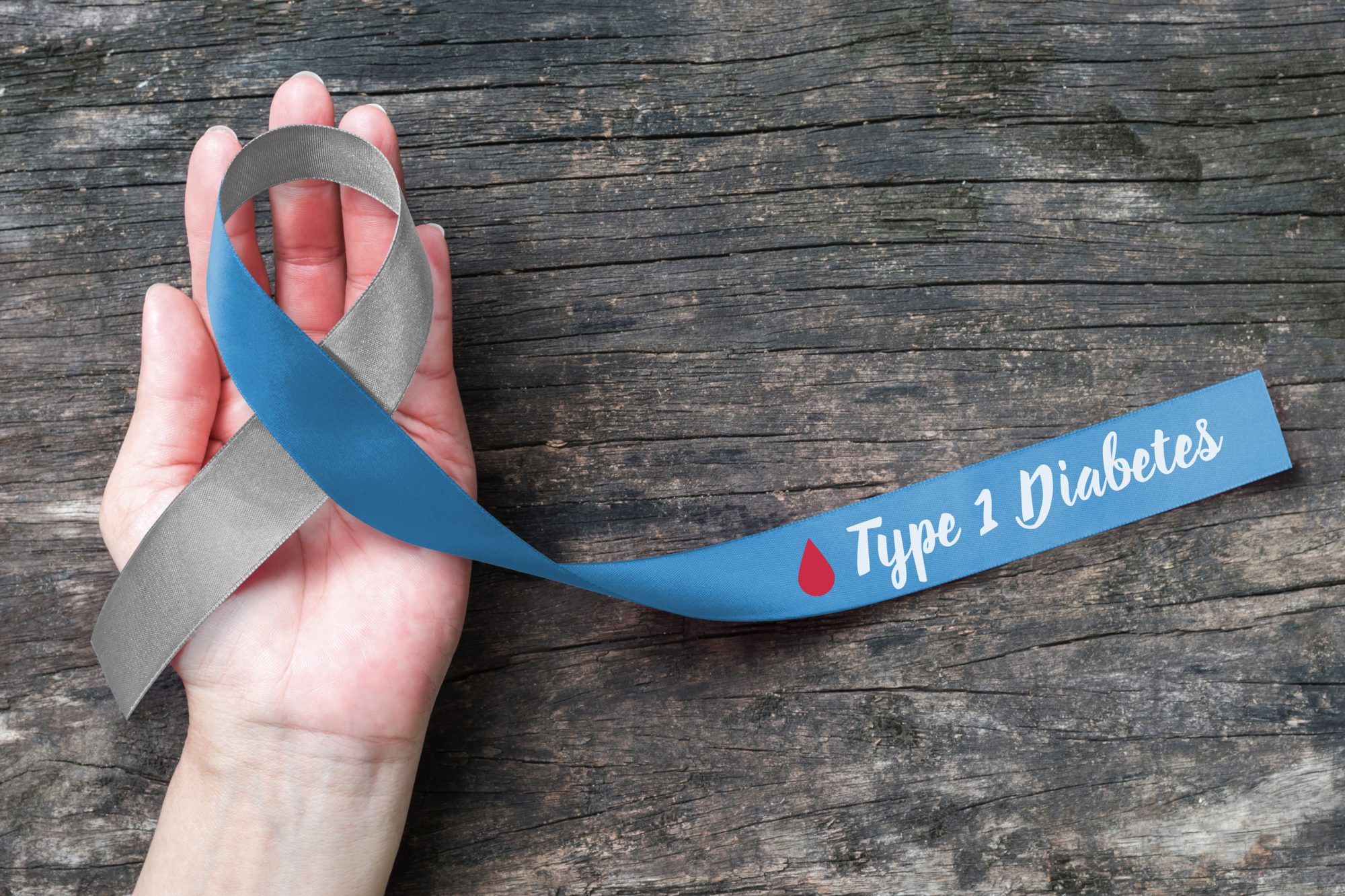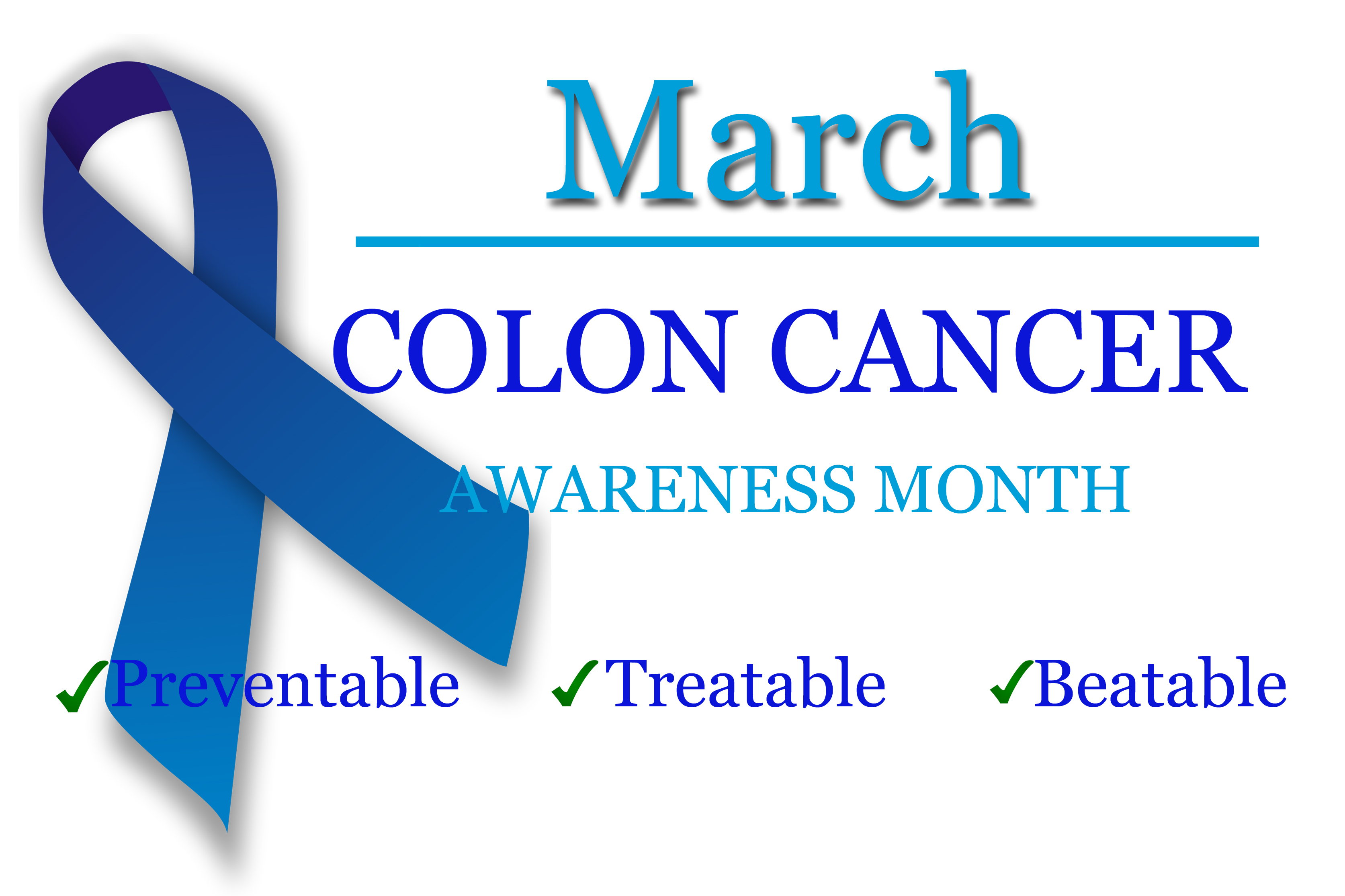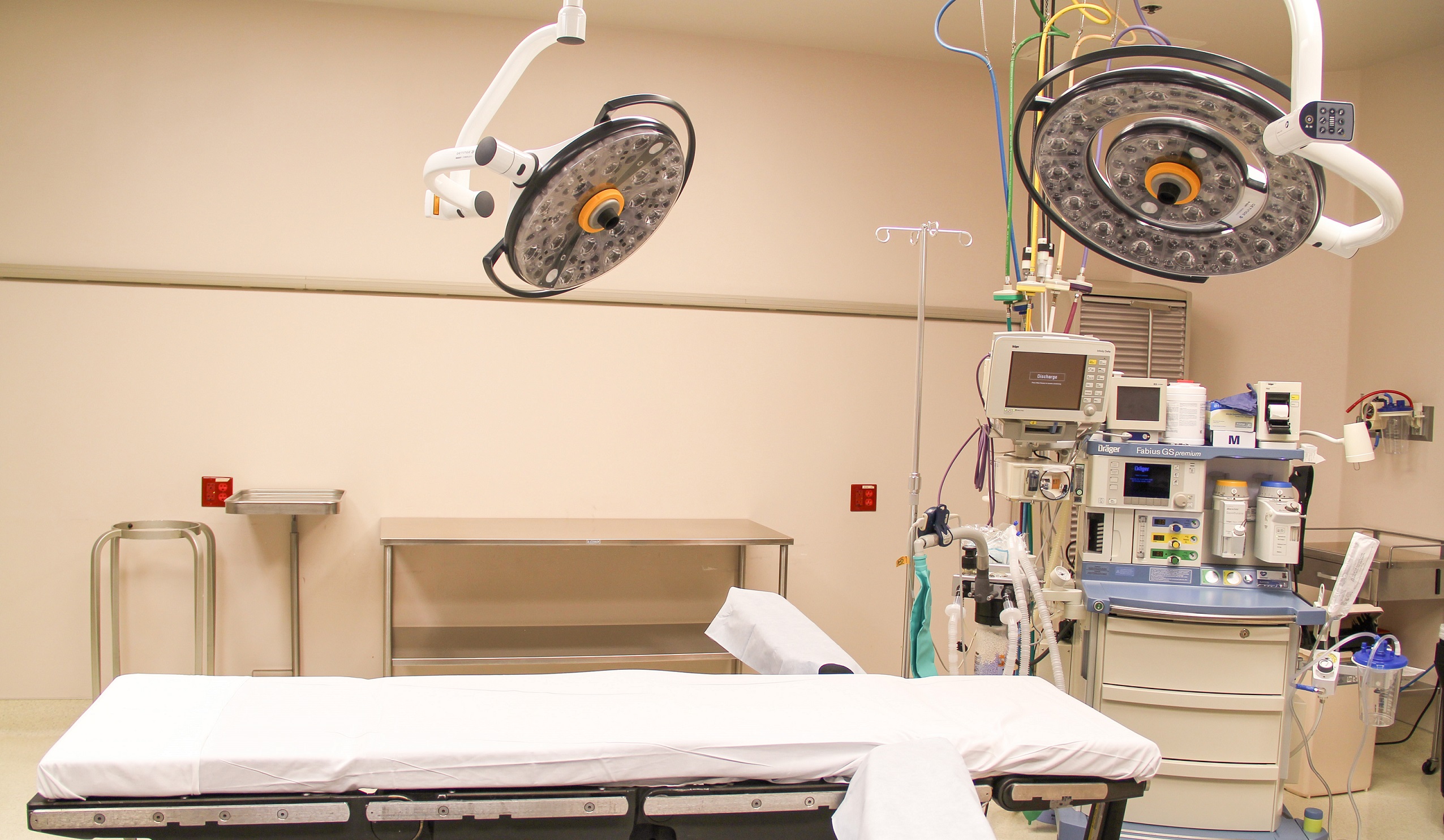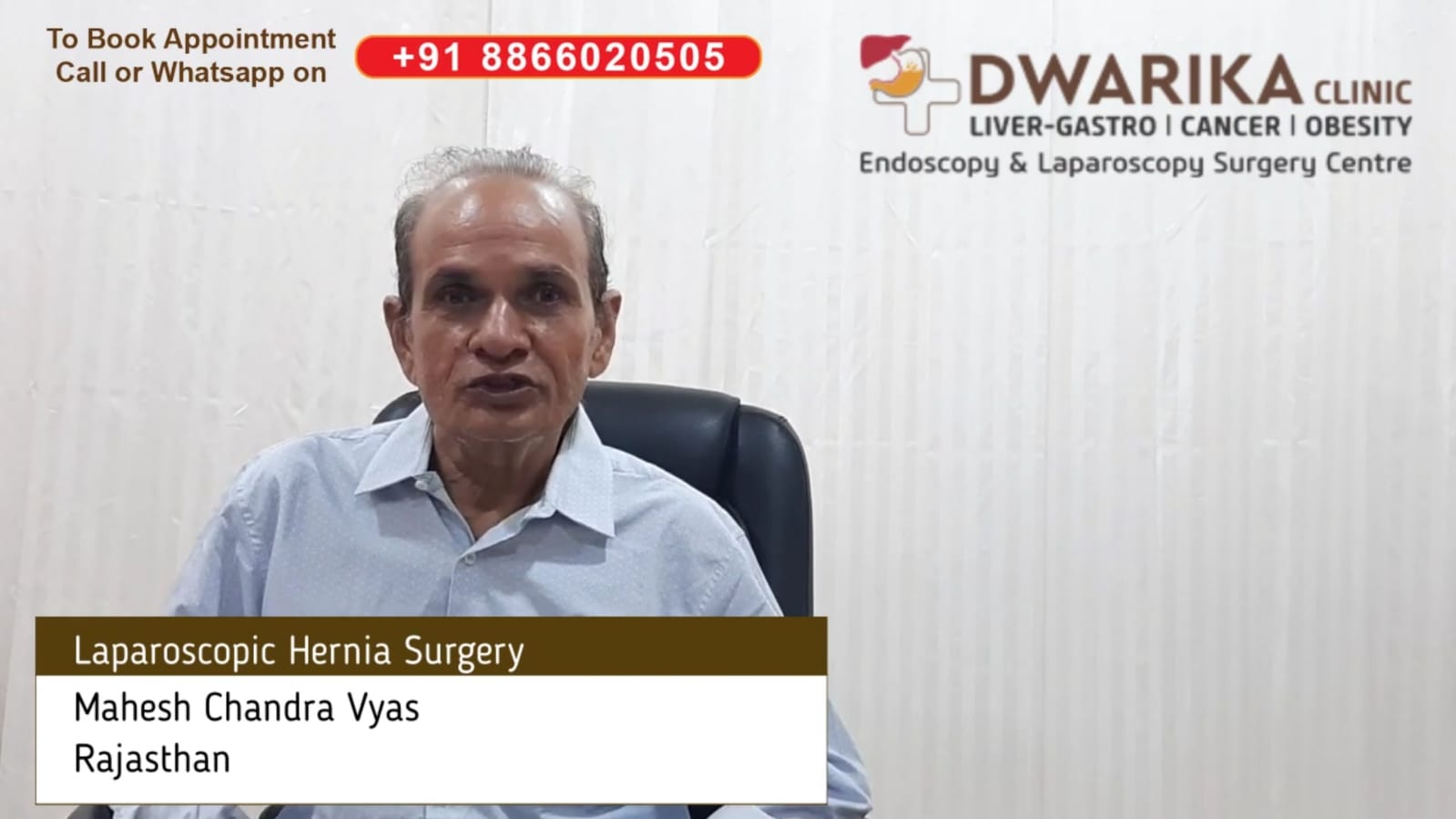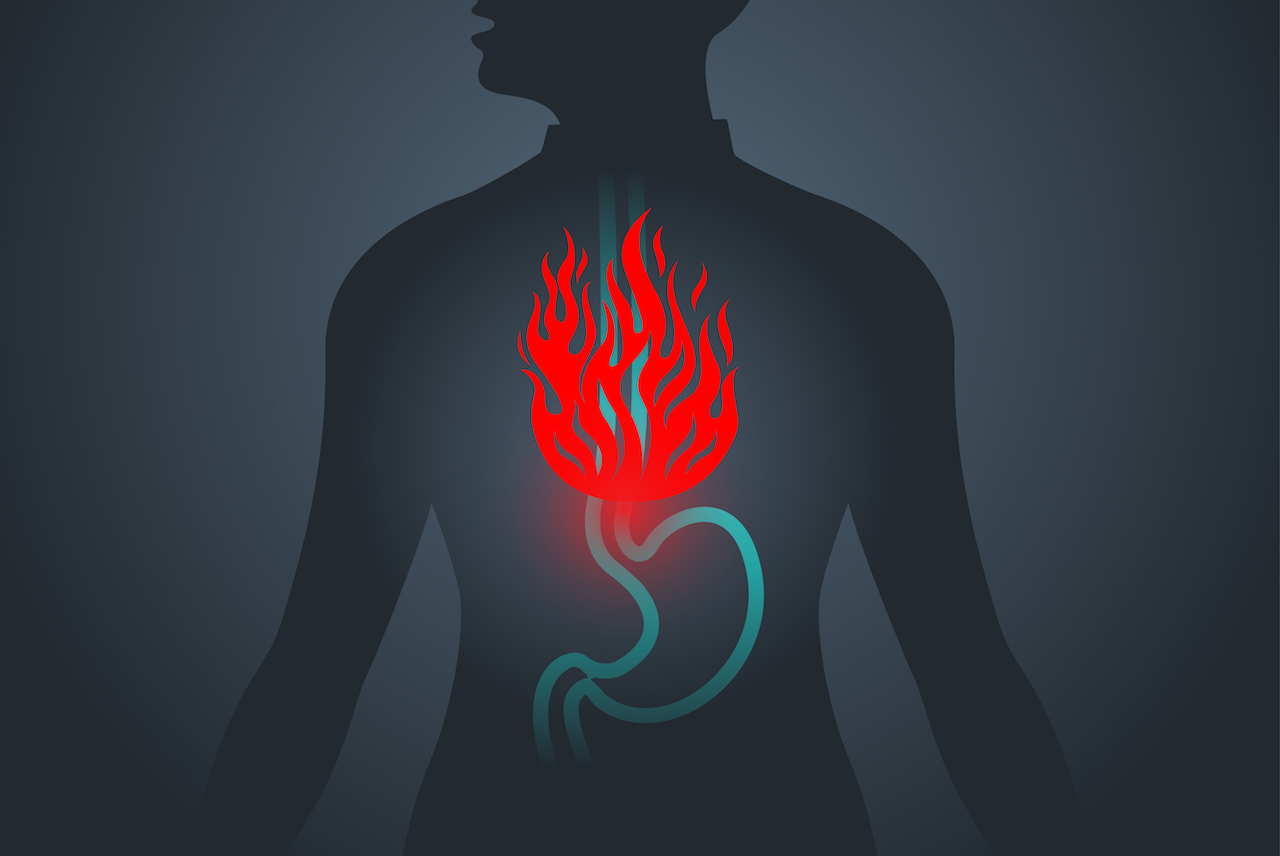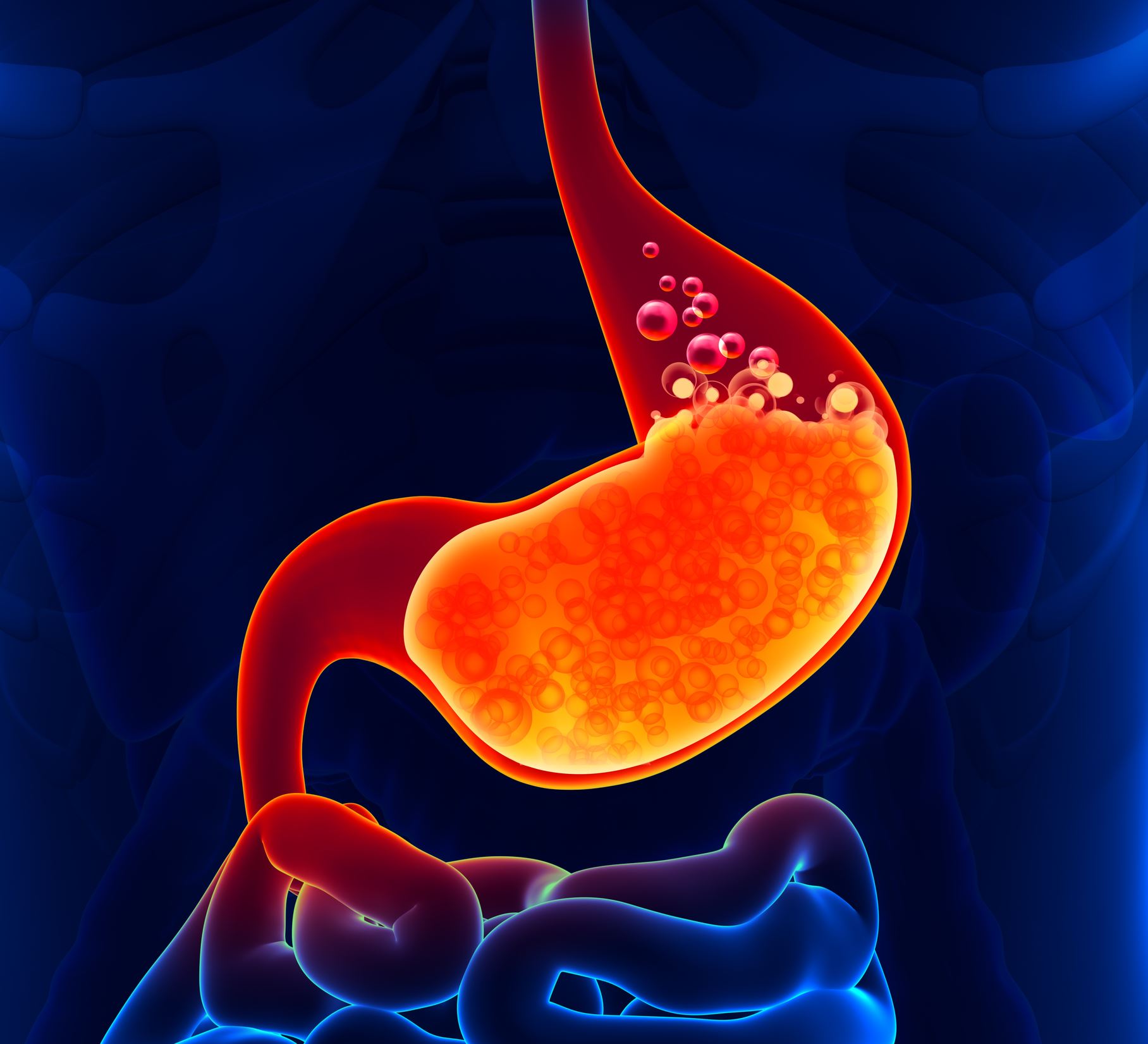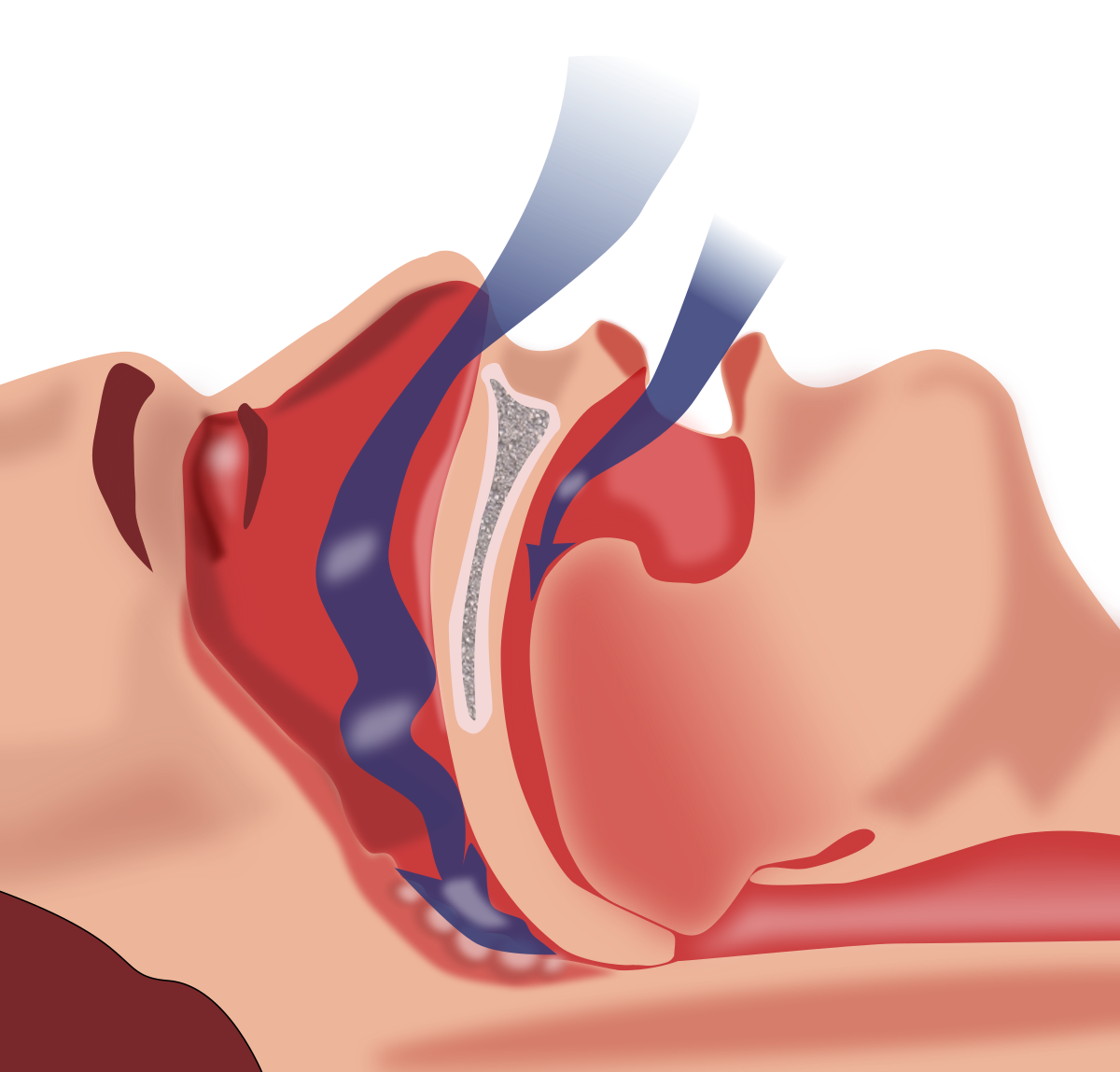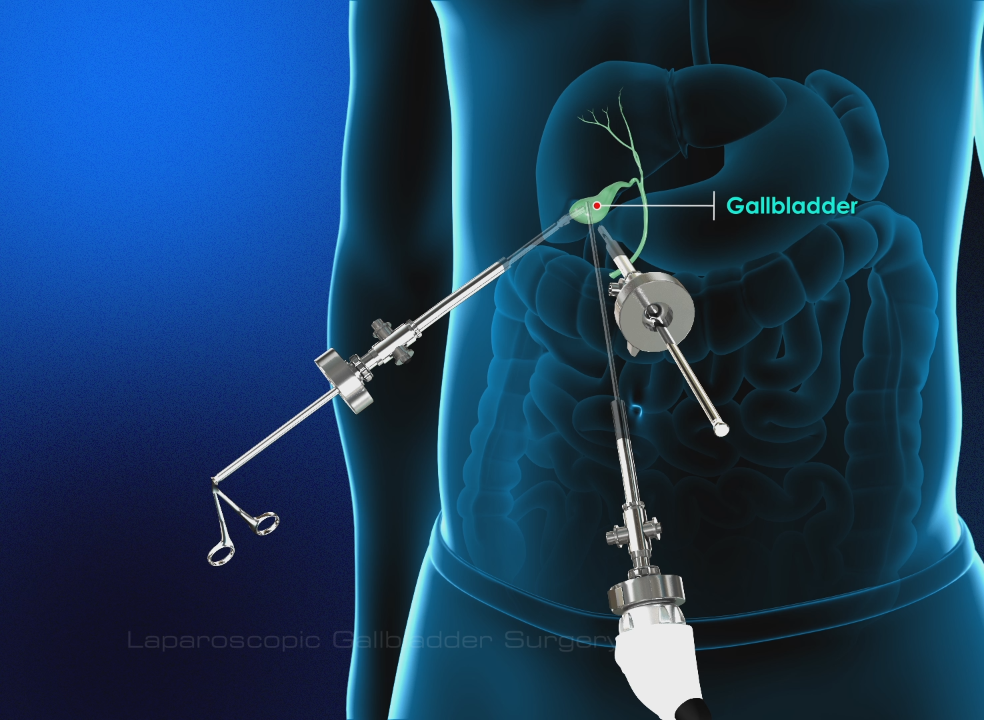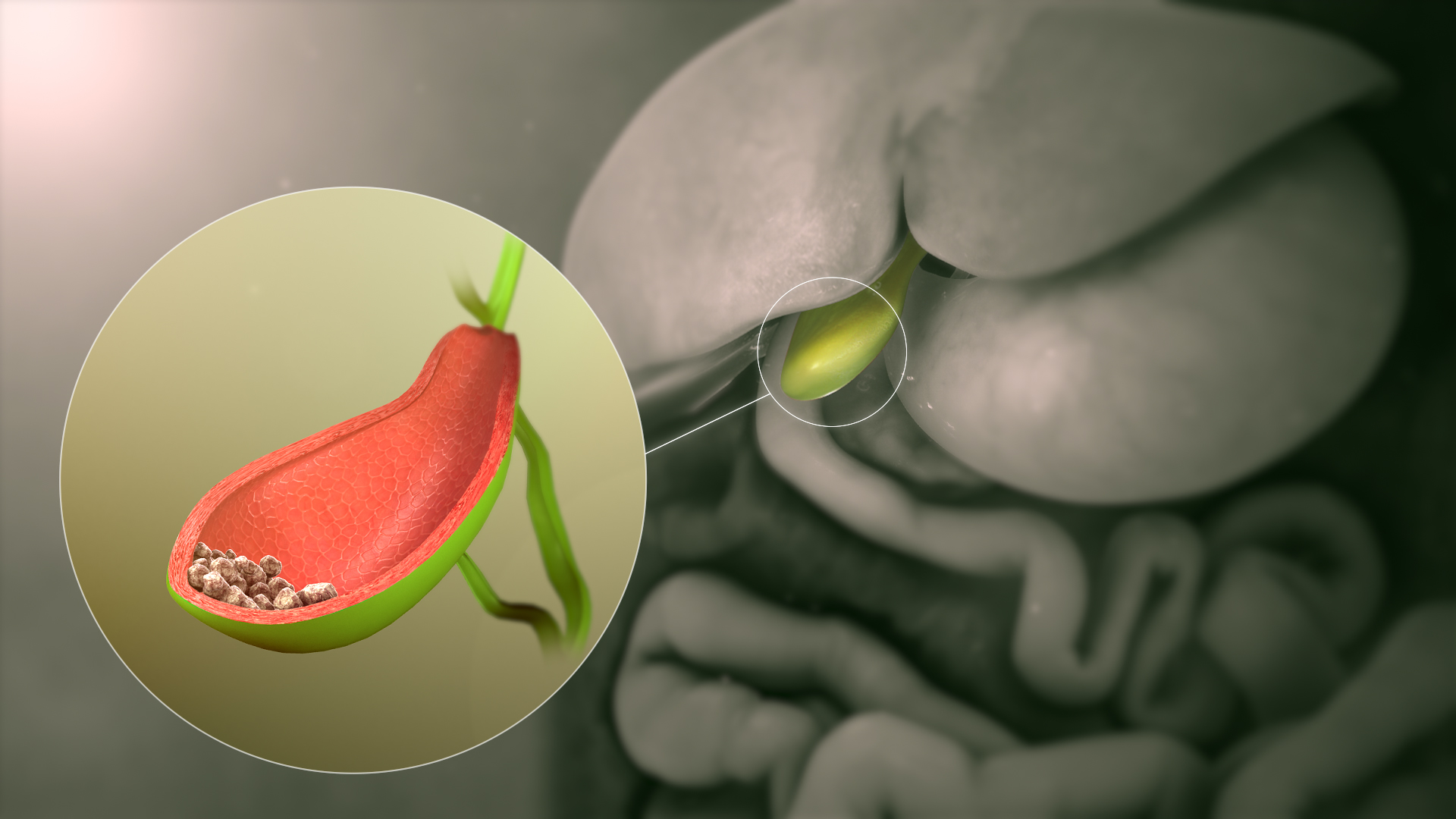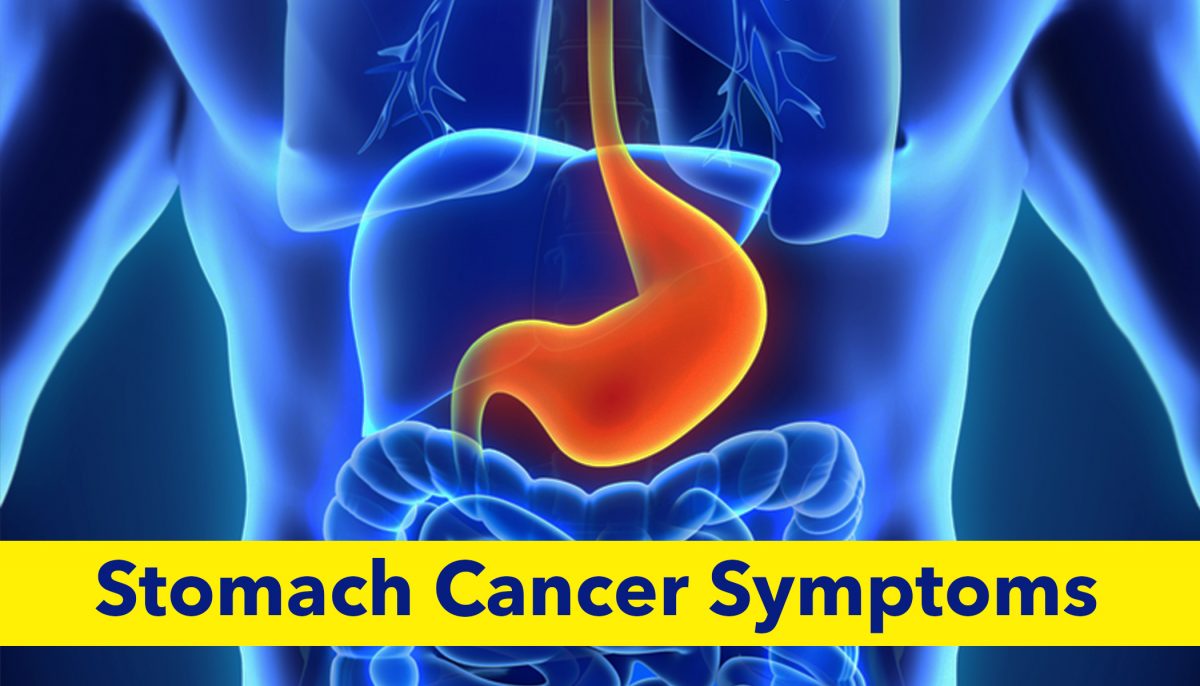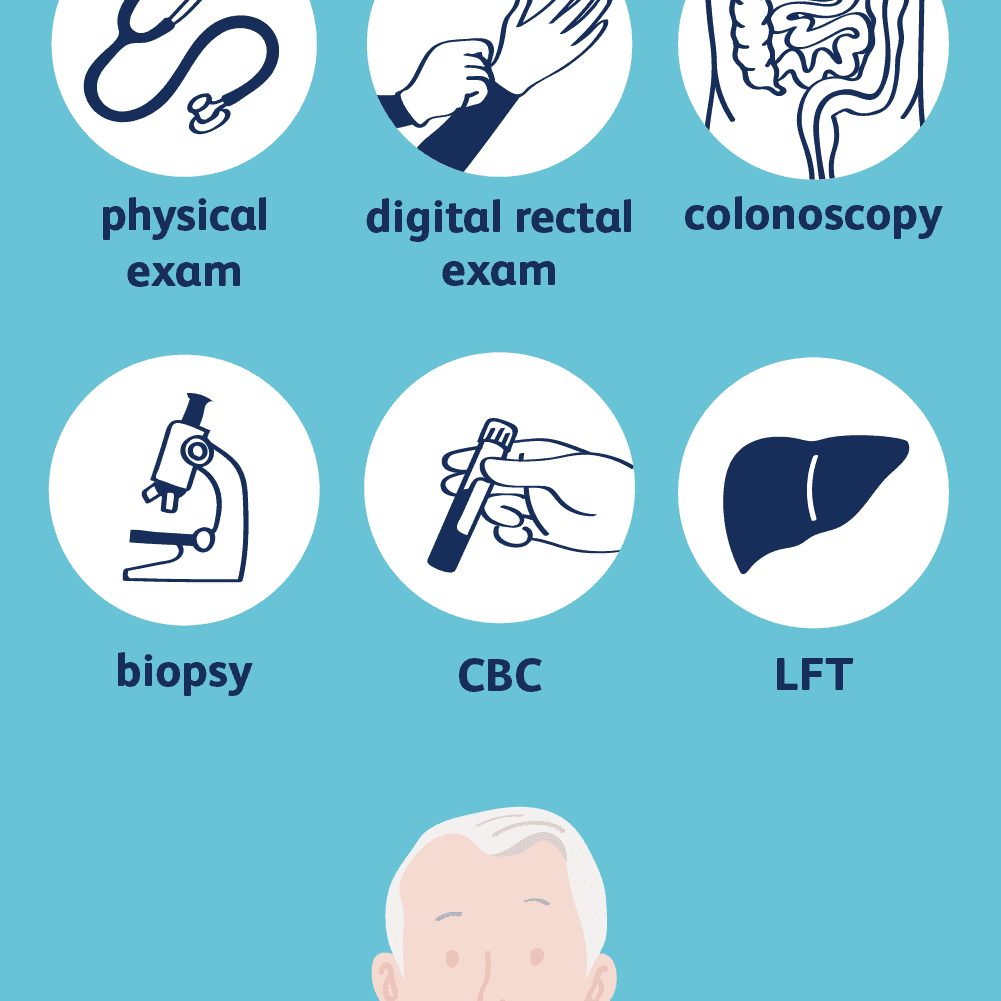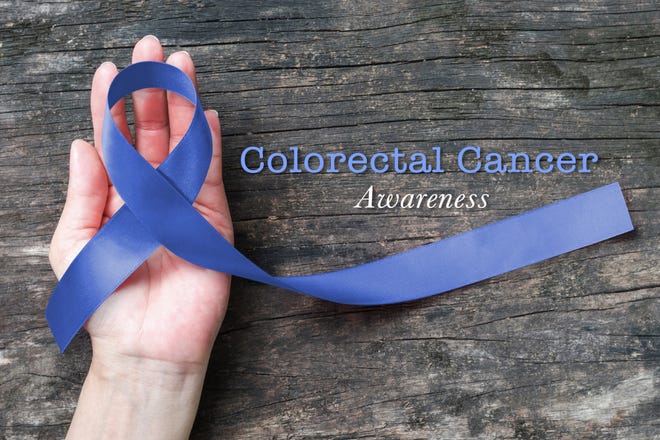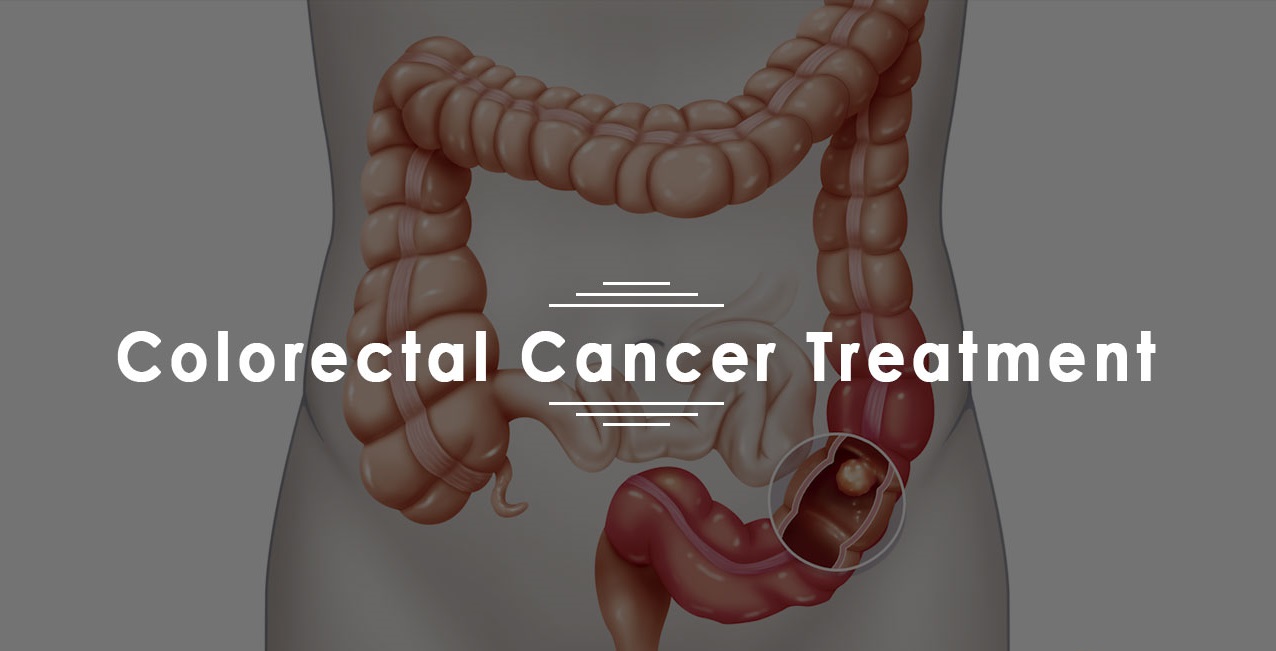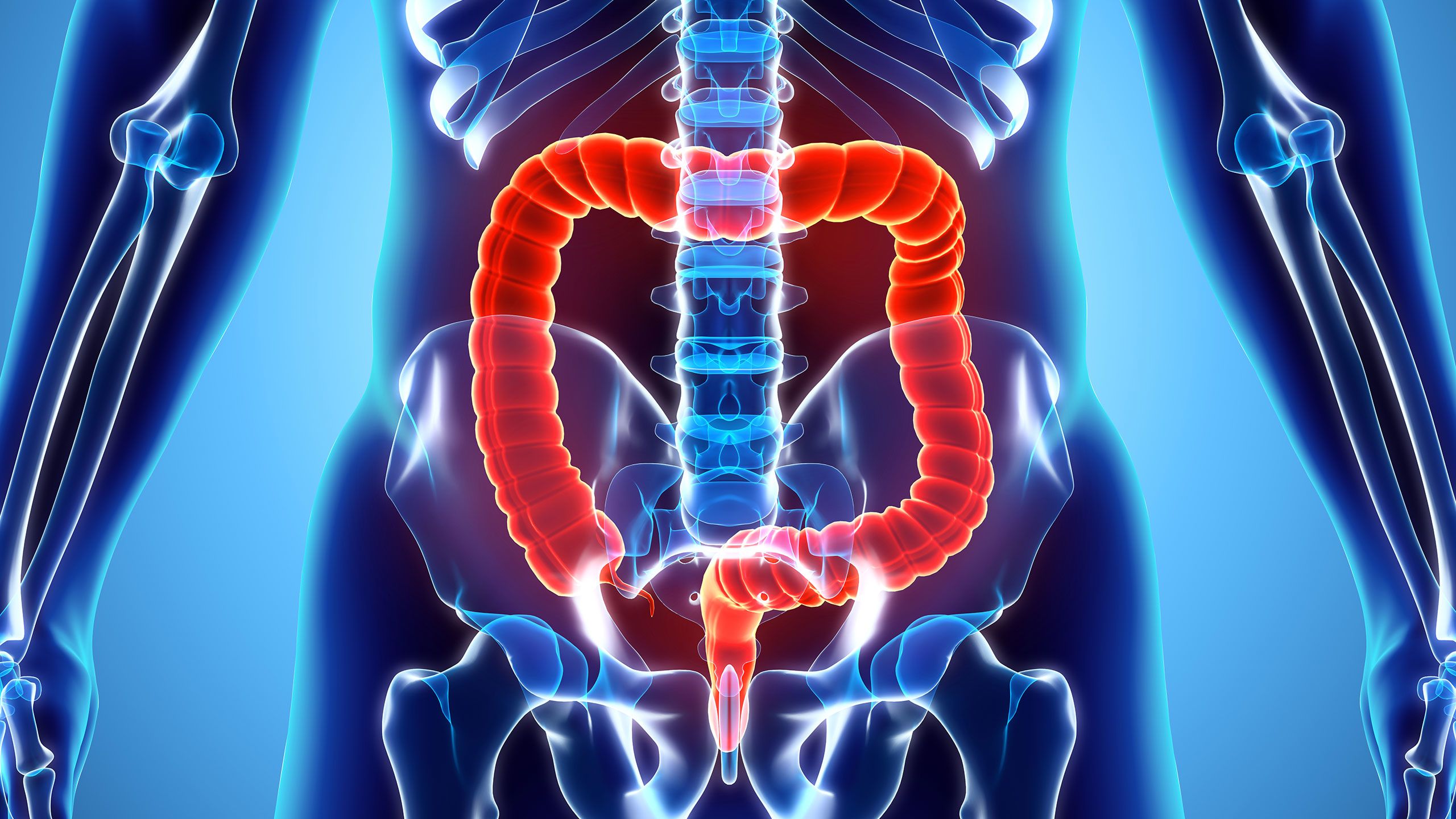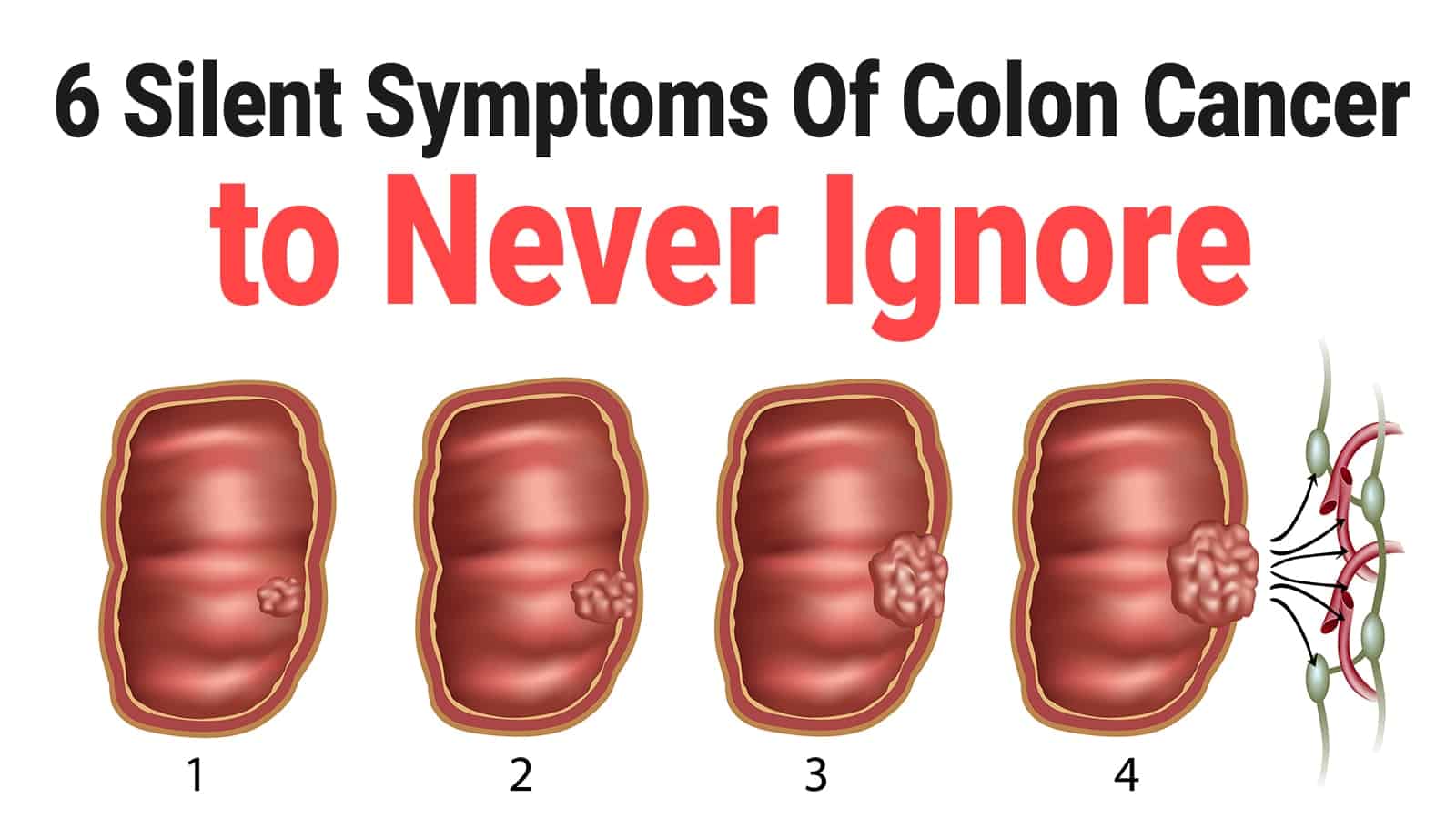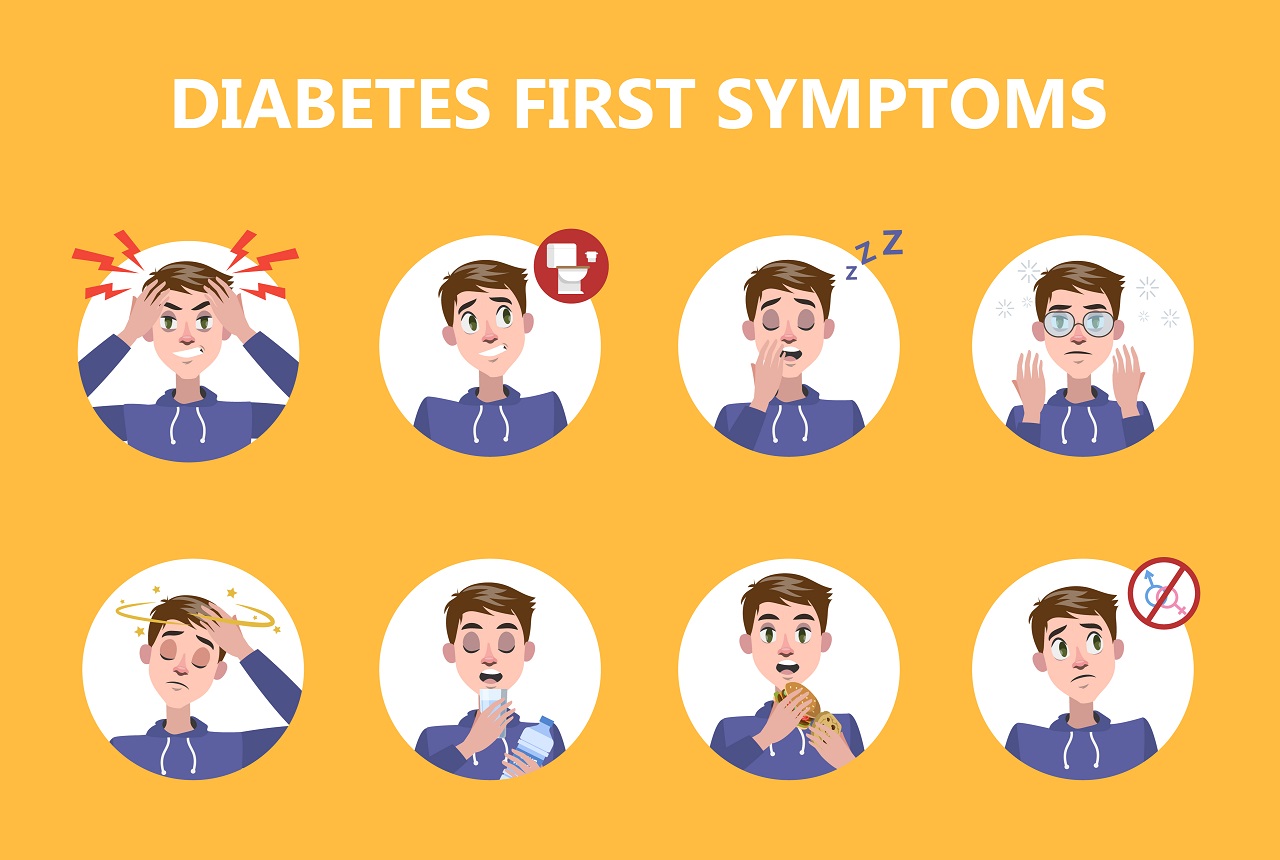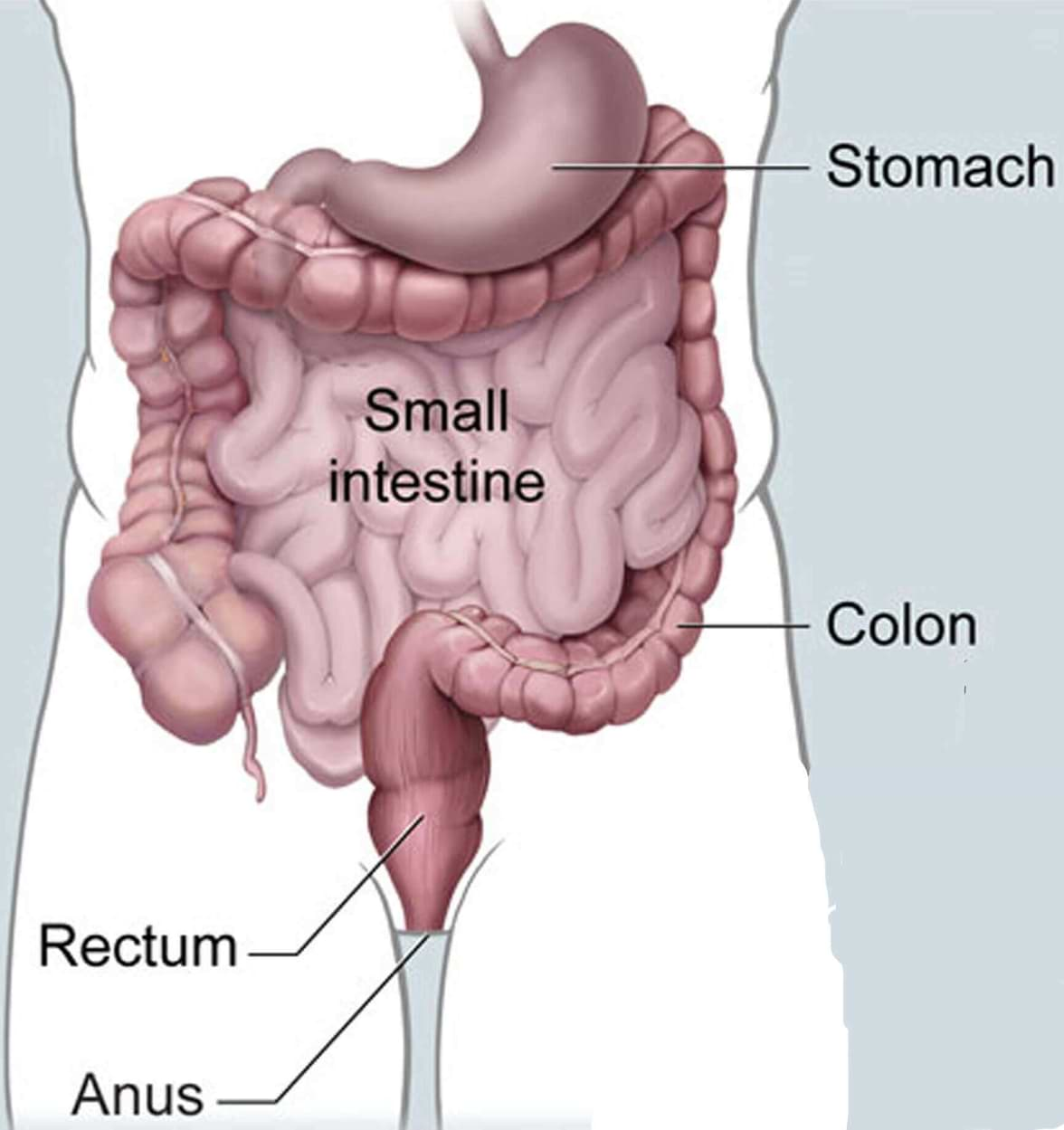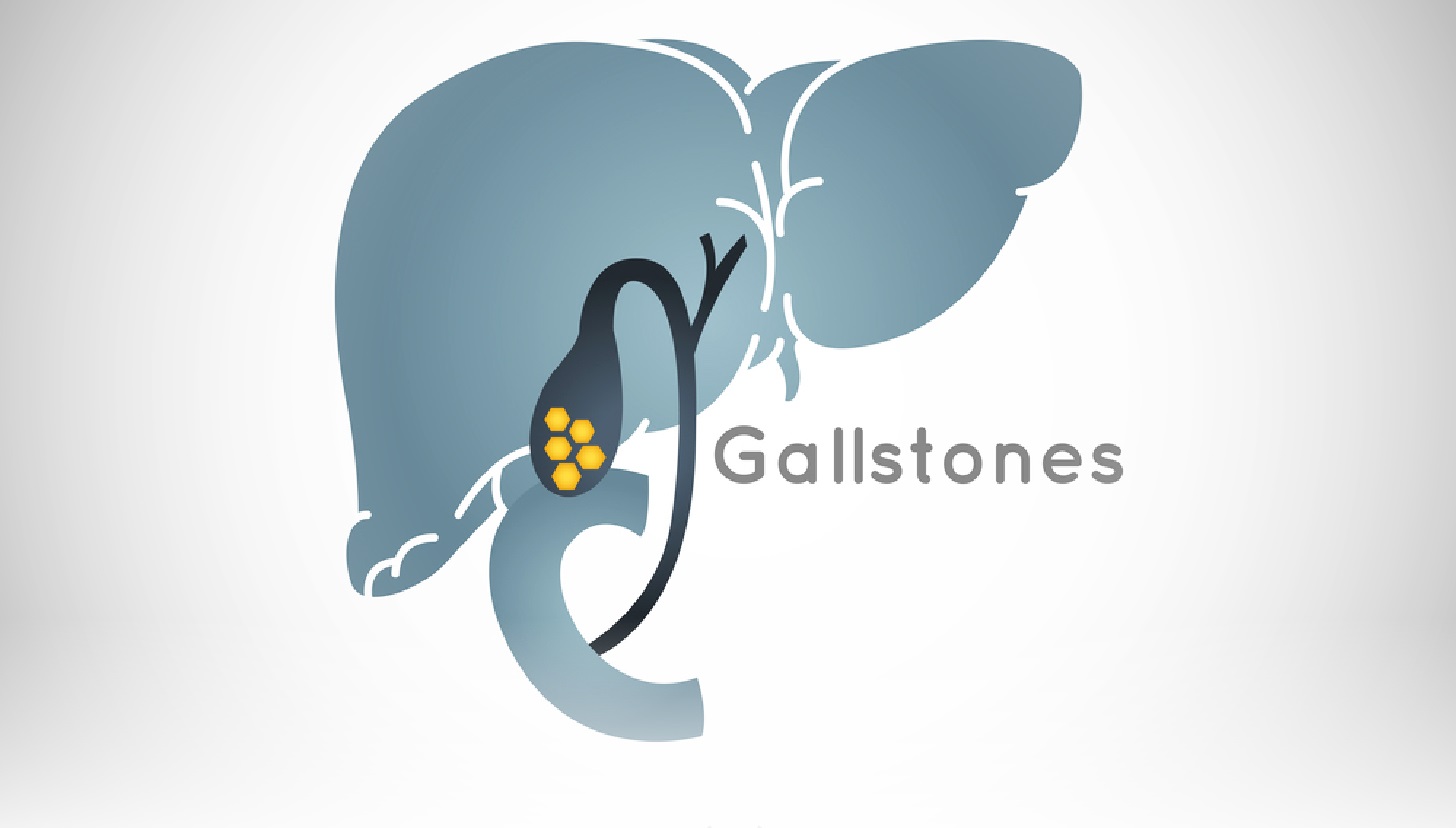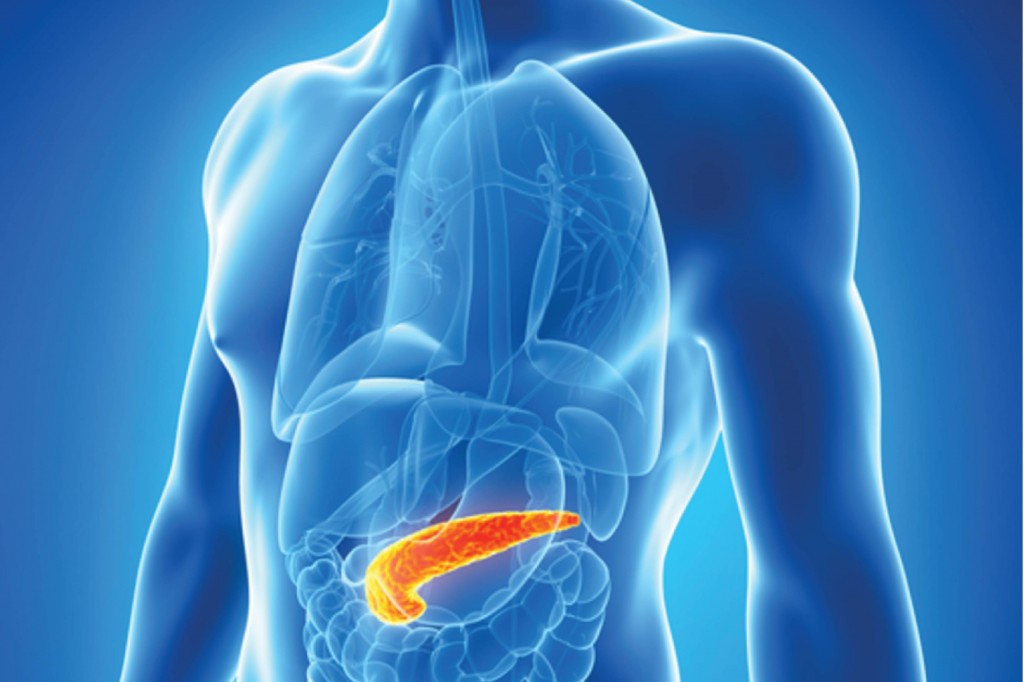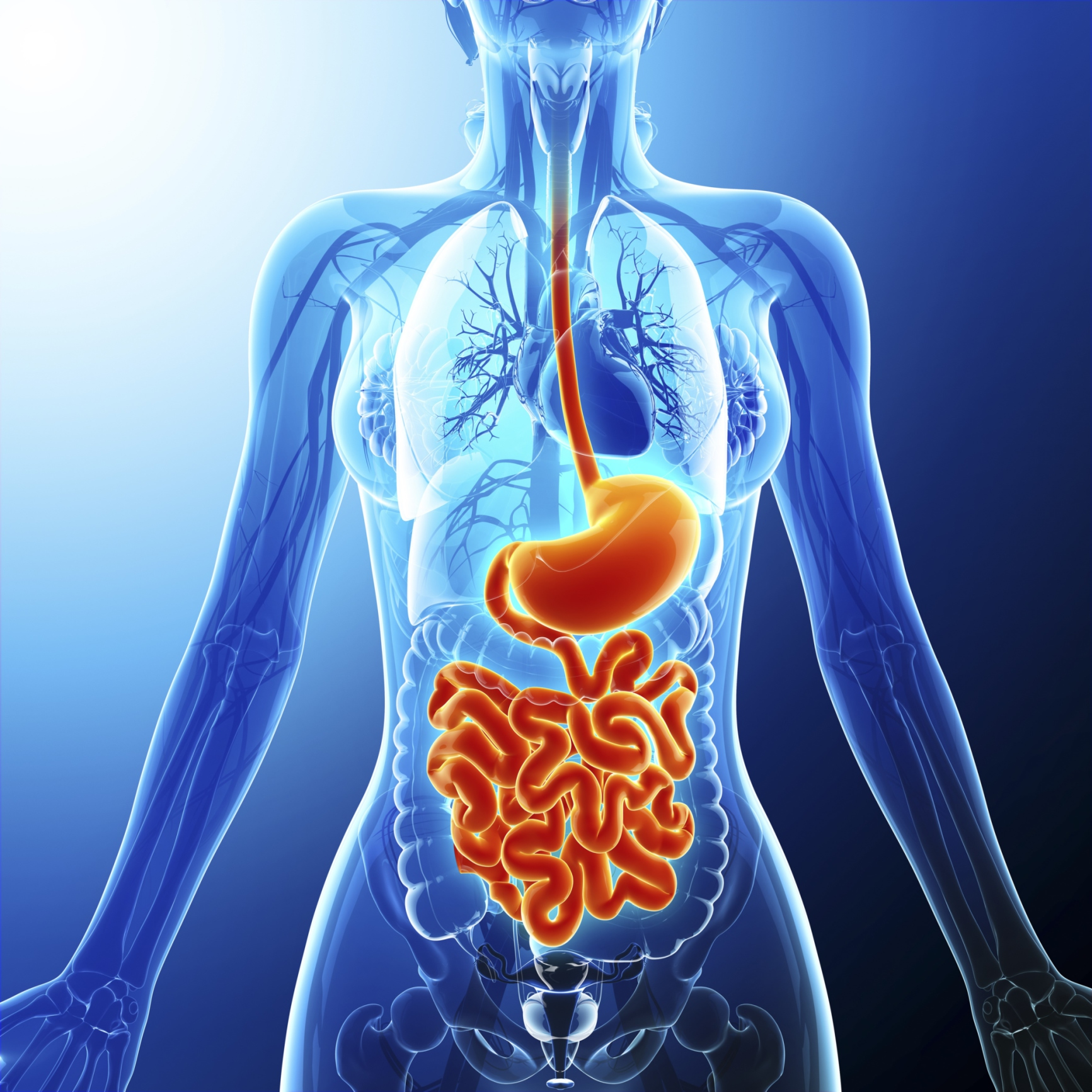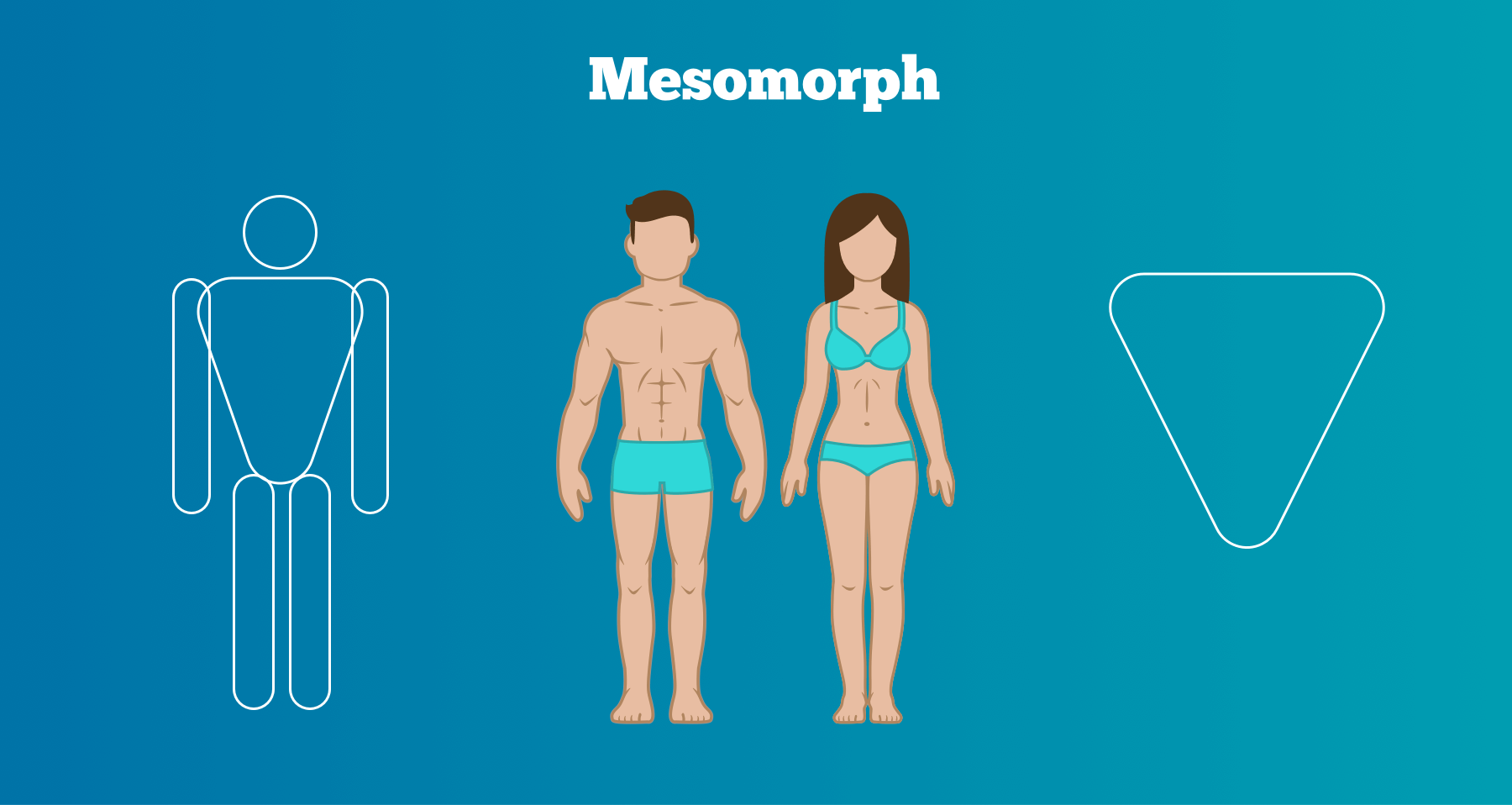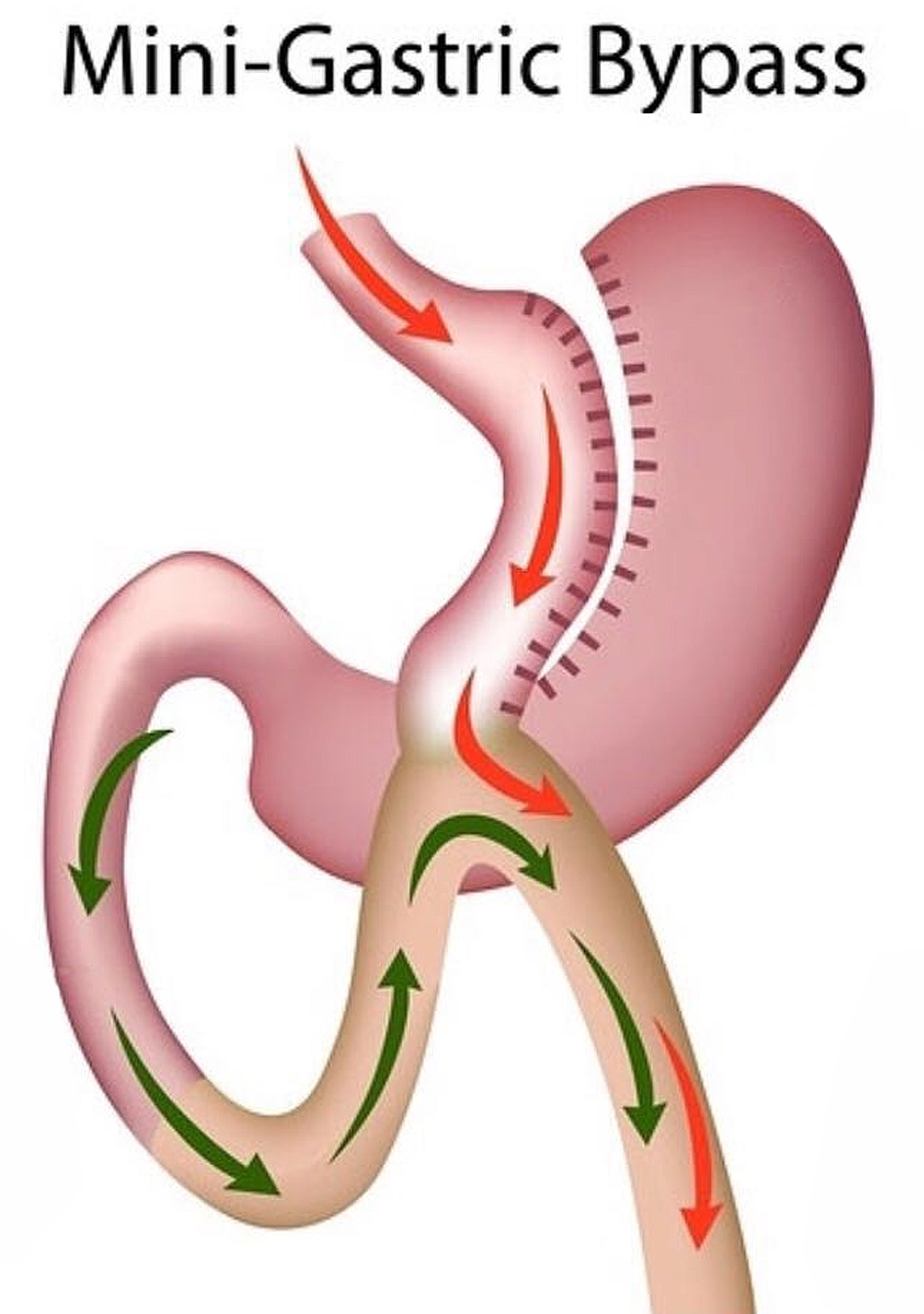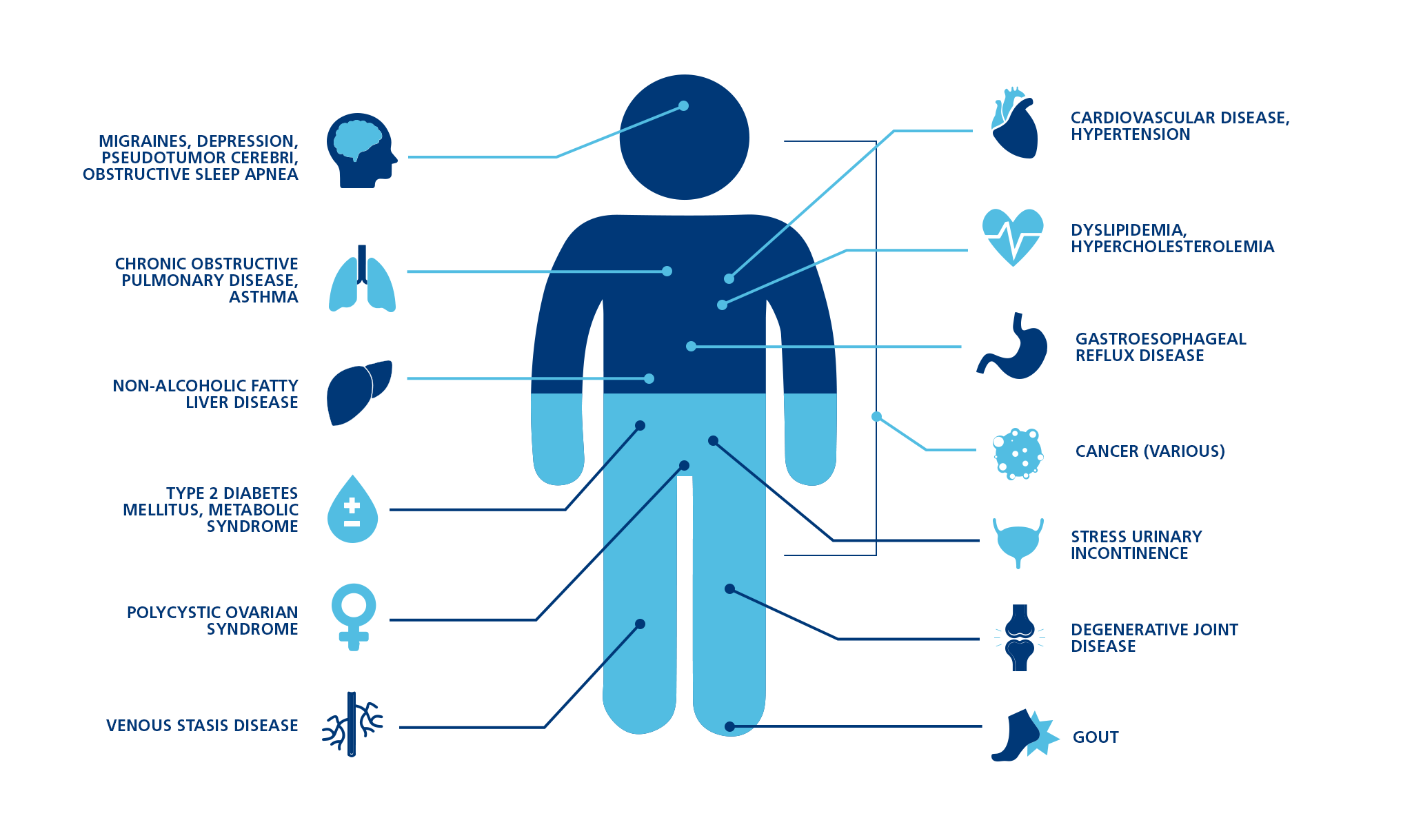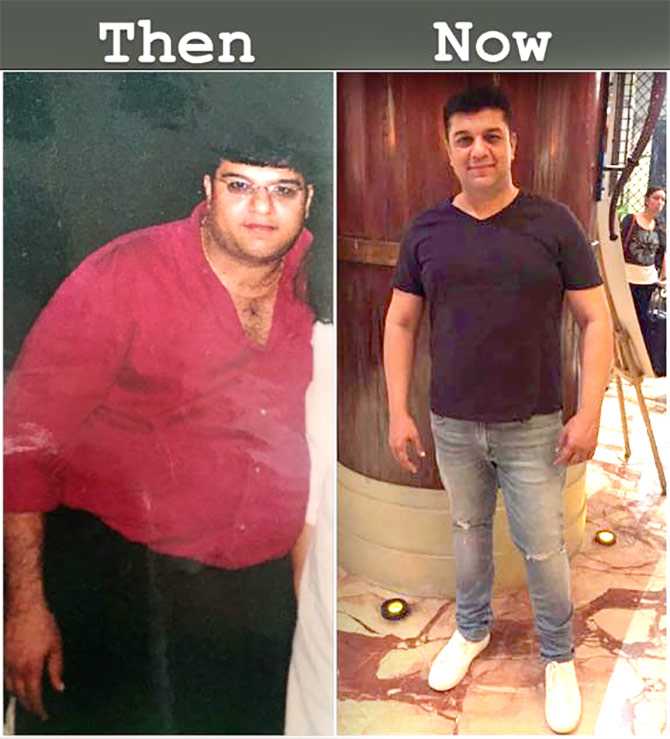Patient Case Study, Cancer Patient, GIST, Gastrointestinal Stromal Tumor, Cancer Surgery
A patient with multiple health issues-anaemia, congestive heart failure, bronchial asthma, vomiting- gets diagnosed with Gastrointestinal Stromal Tumor (GIST). High risk surgery successfully performed by Dr. Avinash Tank
When 40 years old Nazma noticed her gradually worsening health resulting in breathlessness and tiredness more often than not without any apparent illness she realized it was high time to consult a doctor.
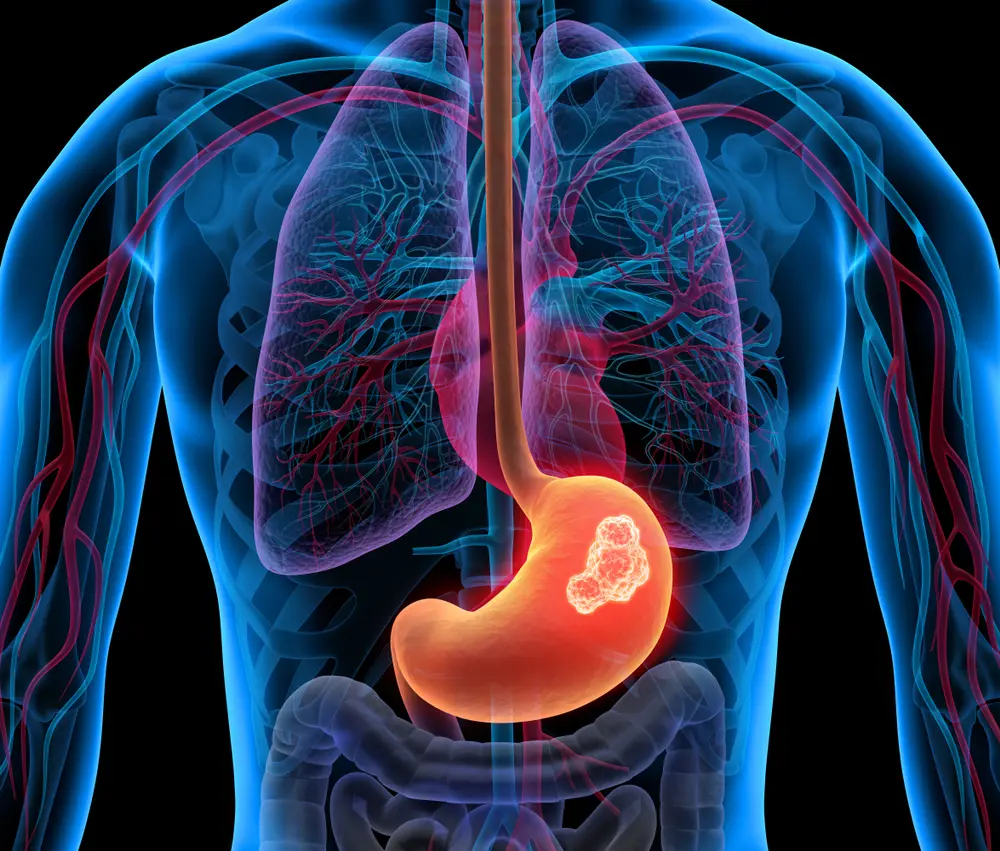
Note- Reader’s discretion advised. Some images may not be suitable for children.
Patient Nazma’s case details
Nazma, a 40 year old lady from the rural part of Ahmedabad district in Gujarat noticed that she was getting weak and that overall health was gradually worsening. Just after walking a few steps she would have difficulty in breathing and her face would become pale.
Patient Name- Nazma
It was then her family consulted Dr. Tejas Padodara at Adwait Hospital, Bopal Ghuma Road, Ahmedabad. Dr. Padodara along with a team of doctors ran relevant tests and after her investigations found that she was having multiple health related problems.
- Her Hemoglobon was very low (Anaemia). She has 4 gm of Hemoglobin in contrast to the normal value of 12 gm.
- Her heart function was also weak (congestive heart failure).
- She was already suffering from a case of bronchial asthma. These new problems had further worsened her health.
Moreover, an endoscopy test of stomach was done to see for the cause of her vomit. It was found that there was a large tumor on the wall of her stomach and it was biopsied. The cancer found was GIST- Gastro-Intestinal Stromal Tumor.
Gastrointestinal Stromal Tumor removed after surgery from the wall of stomach.
Before any further surgery or treatment could be performed, it was important to bring up her haemoglobin level and stabilise her condition.
“To improve her low haemoglobin, she received multiple blood transfusions.
Her condition was stabilised and she was advised surgery for cancer of the stomach”, said Dr Tejas Padodara, treating physician & Intensivist.
Why was this case challenging for the team of experts operating?
As informed by Dr. Avinash Tank, GIST Cancer specialist and main operating surgeon, Nazma’s case was a challenging one. It was a high risk case for surgery due to several reasons-
- Low haemoglobin ( Aneamia)
- Low Protein levels ( Albumin 2.8 gm%)
- Diabetes
- Asthma & Lung issues
- Lastly, she had cancer.
When all these factors are seen in a single person, it can only be managed by a highly experienced Intensivist and team of Surgeons & Anaesthetist.
The team of experts did every possible thing to improve her condition before performing the surgery.
In such cases, duration of surgery also has a very important role as far as safety of the patient is concerned. This surgery was completed within two hours with judicious use of experience and latest surgical technology. For this particular surgery, a harmonic scalpel (a surgical instrument used to simultaneously cut and cauterize tissue) and surgical staplers ( generally used to deliver staples to tissues inside the body during surgery for- removing part of an organ (resection), cutting through and sealing organs and tissues (transection) and creating connections between structures (anastomoses)) were used.
Dr. Avinash Tank with patient Ms. Nazma
After the surgery was successfully completed, the patient had a very smooth recovery while first staying in the ICU and later on being transferred to a regular room in the hospital.
About Gastro-Intestinal Stromal Tumor/ Cancer
What is Gastrointestinal Stromal Tumor?
The gastrointestinal (GI) tract is part of the body digestive system. It helps to digest food and takesnutrients (vitamins, minerals, carbohydrates, fats, proteins, and water) from food so they can be used by the body. The GI tract is made up of the following organs: Stomach, Small intestine & Large intestine (colon).
Gastrointestinal stromal tumor is a disease in which abnormal cells form in the tissues of the gastrointestinal tract. Gastrointestinal stromal tumors (GISTs) may be malignant (cancer) or benign (not cancer). They are most common in the stomach and small intestine but may be found anywhere in or near the GI tract. Some scientists believe that GISTs begin in cells called interstitial cells of Cajal (ICC), in the wall of the GI tract.
Gastrointestinal stromal tumors (GISTs) may be found anywhere in or near the gastrointestinal tract.
Way of Cancer Spread in the body
The three ways that cancer spreads in the body are:
- Through tissue
- Through lymph system
- Through the blood
When cancer cells break away from the primary (original) tumor and travel through the lymph or blood to other places in the body, another (secondary) tumor may form. This process is called metastasis. The secondary (metastatic) tumor is the same type of cancer as the primary tumor. For example, if breast cancer spreads to the bones, the cancer cells in the bones are actually breast cancer cells. The disease is metastatic breast cancer, not bone cancer.
Symptoms of GIST
Possible signs of gastrointestinal stromal tumors include blood in the stool or blood in vomit.
Risk Factors of GIST
GIST may be part of a genetic syndrome, but this is rare. A genetic syndrome is a set of symptoms or conditions that occur together and is usually caused by abnormal genes. The following genetic syndromes have been linked to GIST: Neurofibromatosis type 1 (NF1), Carney triad.
Goal of Cancer Surgery
Depending on your cancer type and stage, our goals for treatment are:
- Cure : This is the most important goal of cancer surgery. In fact as a cancer patient you are also strongly willing to have cure of cancer for forever. For most of the Liver & Gastro-intestinal cancers perhaps surgery is the first step for cure. Radiation &/or Chemotheray may be advised as an additional tool to achieve this goal.
- Control : If your cancer is at a later stage or if previous treatments have been unsuccessful, we aim to control your cancer by removing as much as safely possible. Once you recover from surgery, radiation or chemotherapy is advised as important tool to control your cancer.
- Comfort : If you have an advanced stage of cancer or one that hasn't responded to treatments and having symptoms because of tumor i.e pain, jaundice, vomiting, bleeding either in vomitus or in stool, then our multi-specialist team work together to sure you are free of pain and other symptoms.
Learn in detail about GIST treatment and surgery here.
To consult with our experts regarding any health related query, click below-

